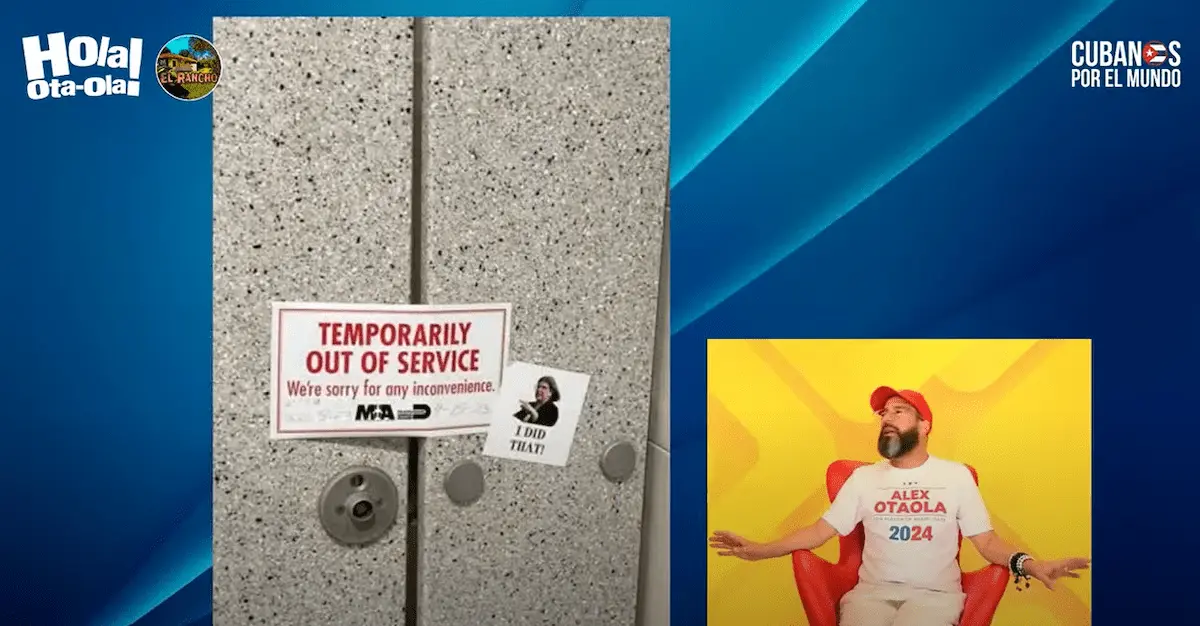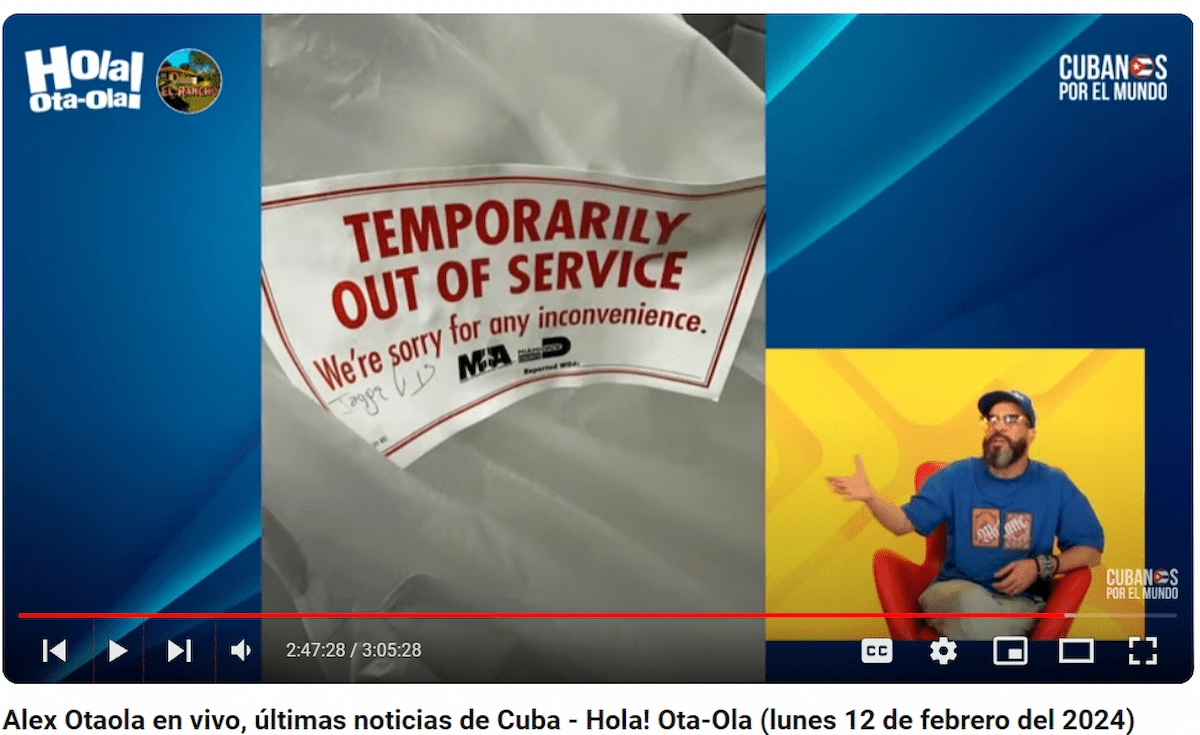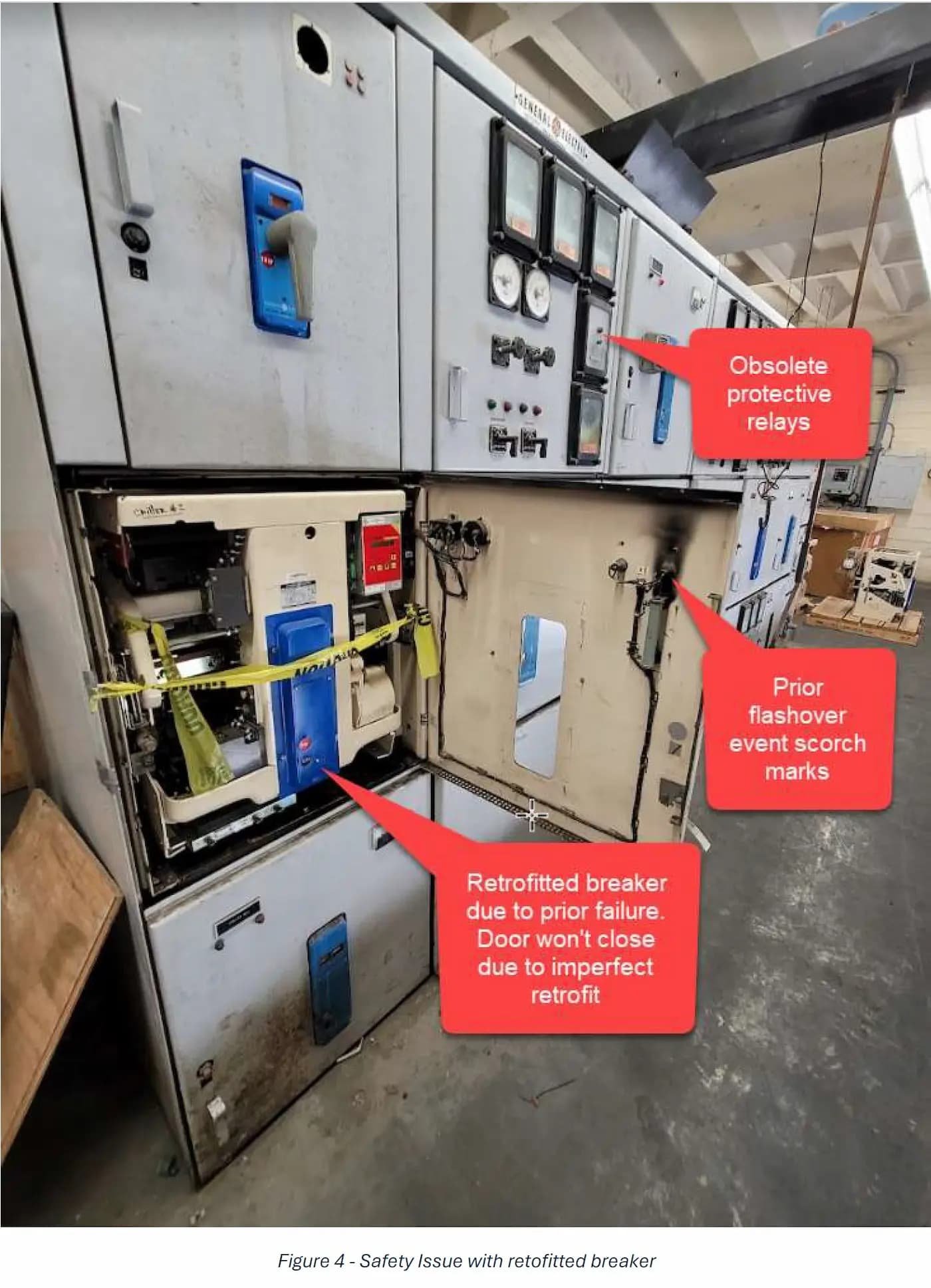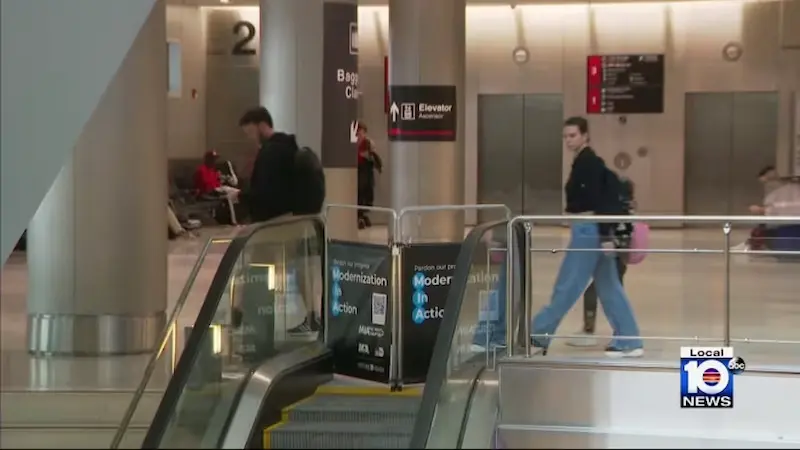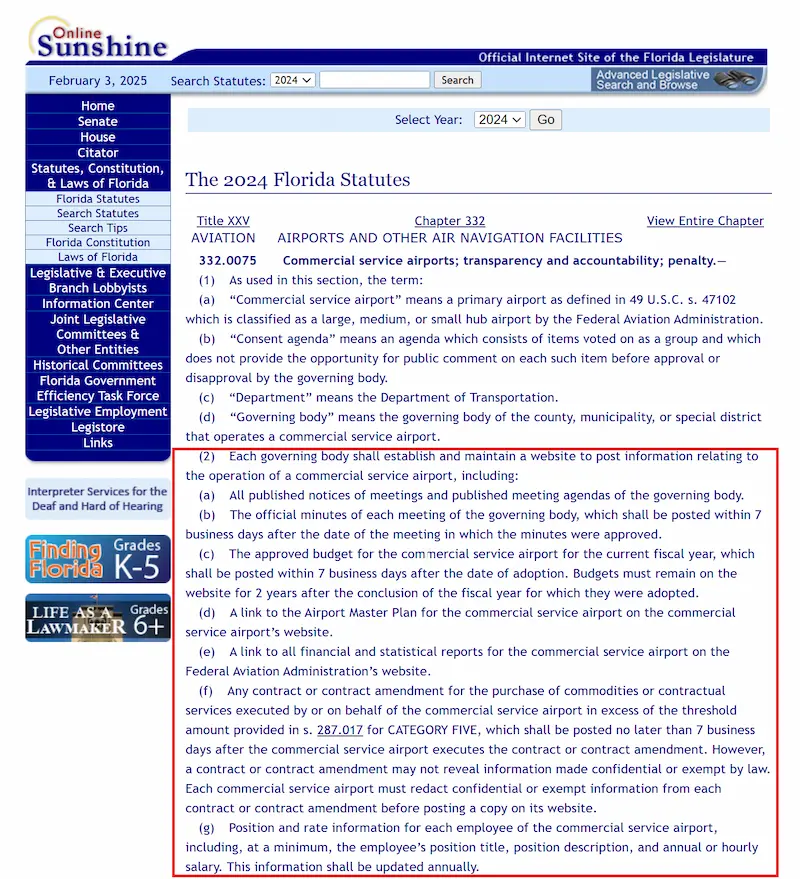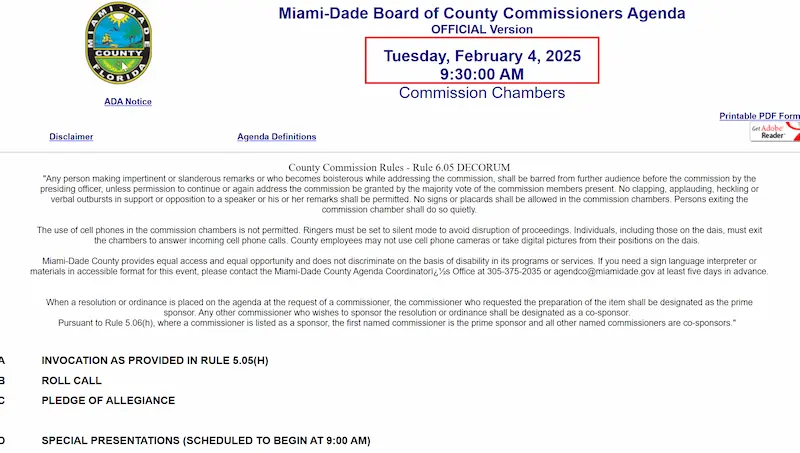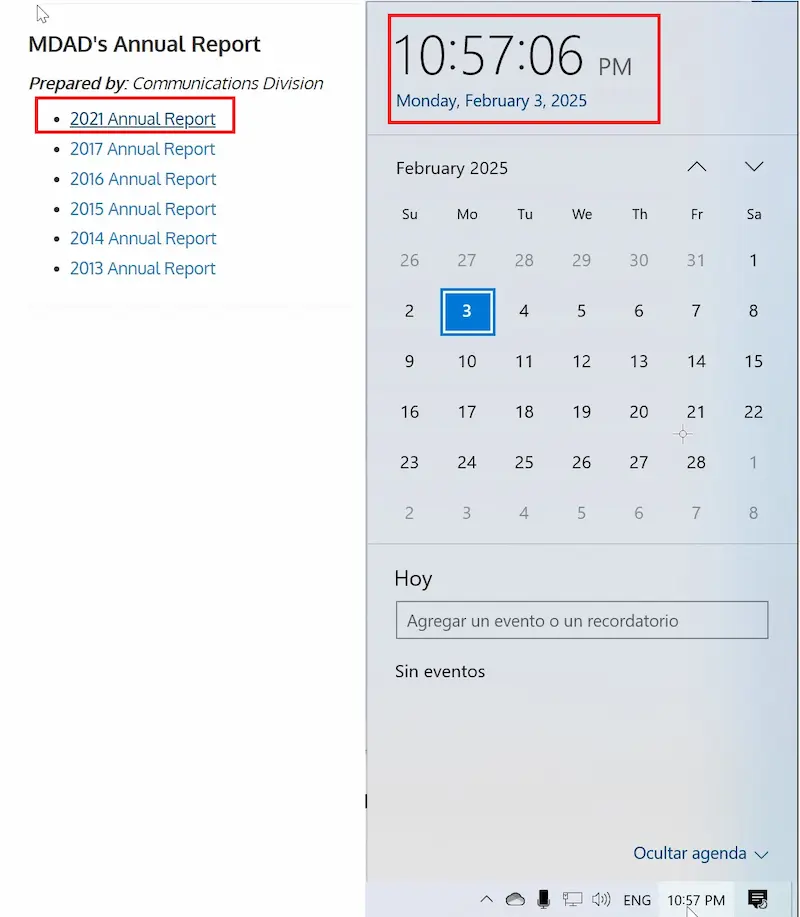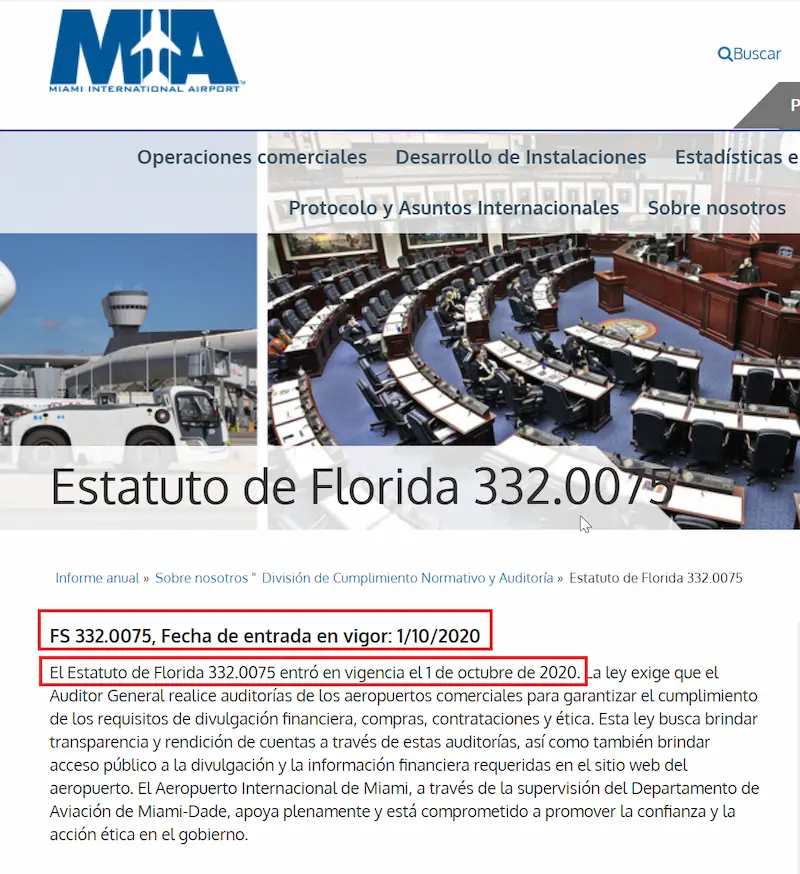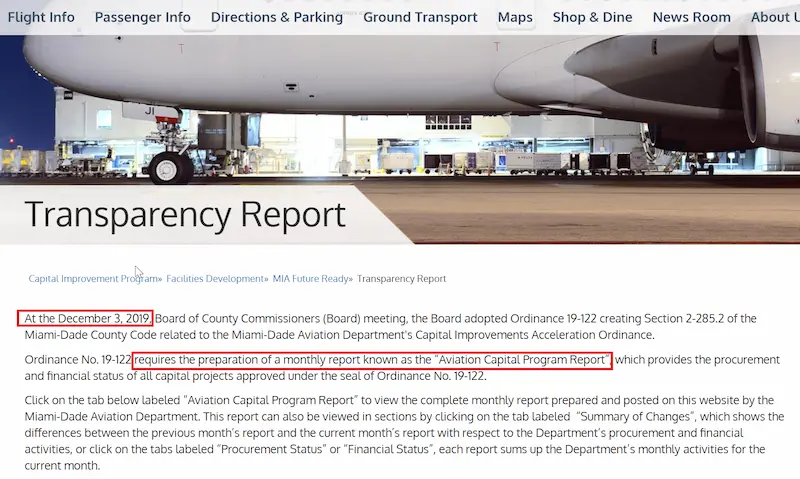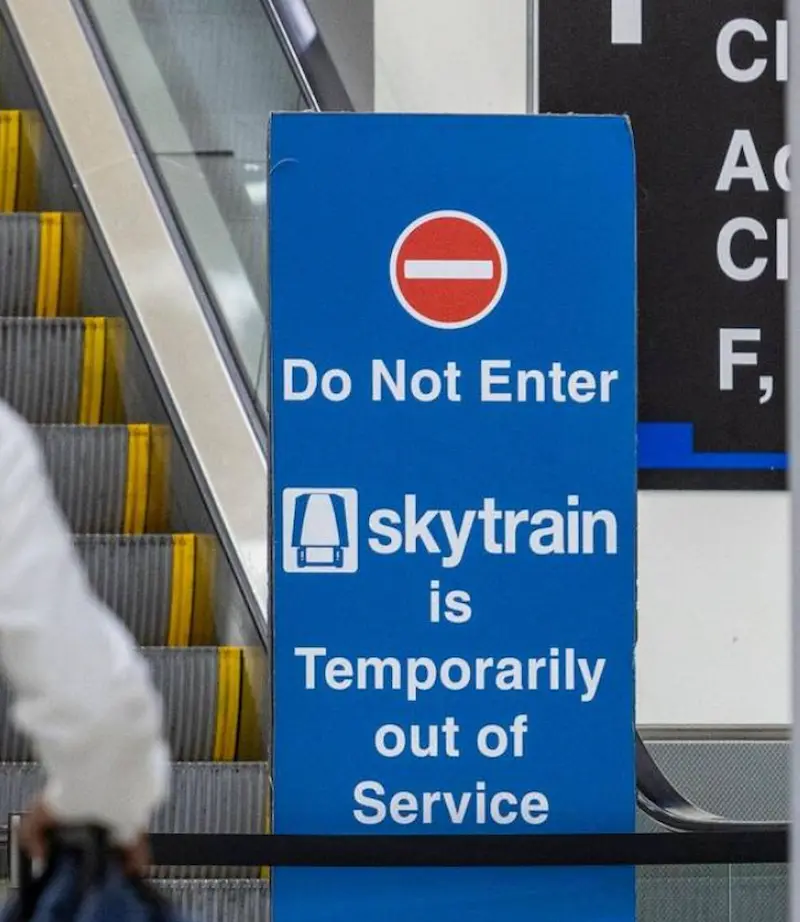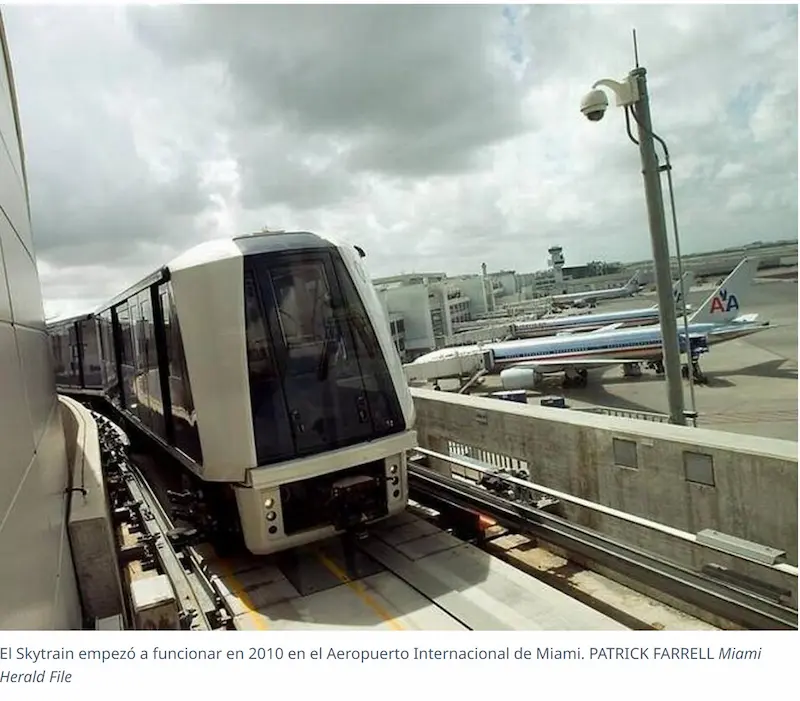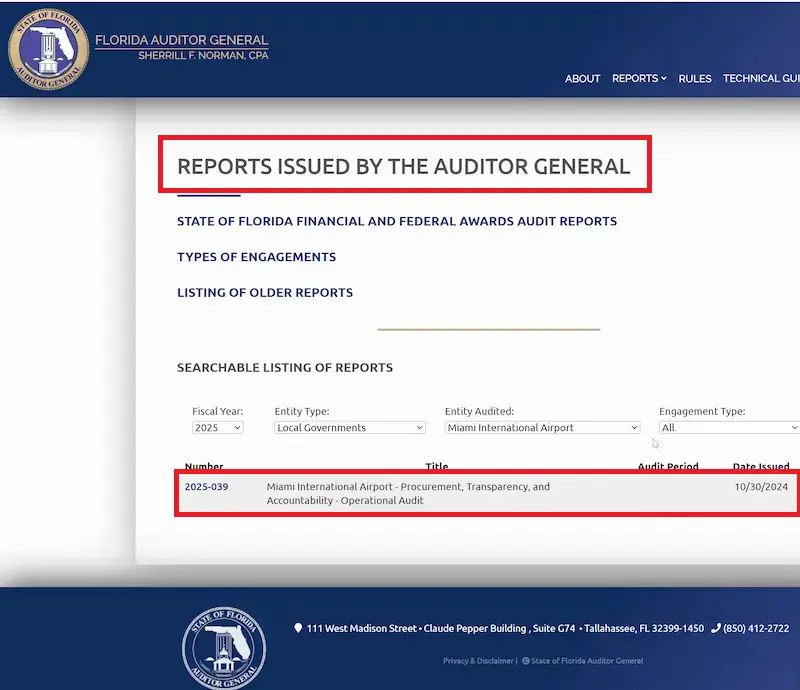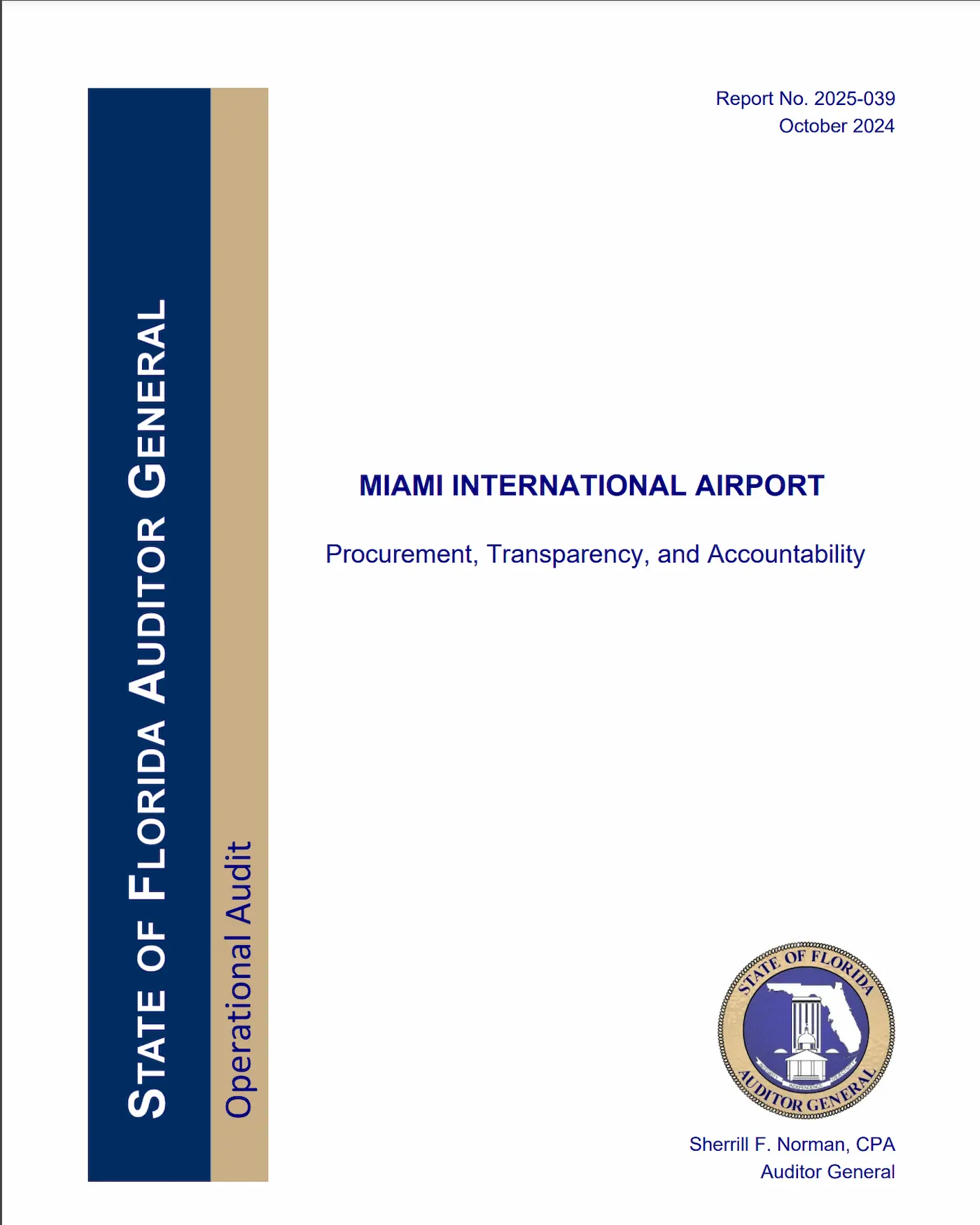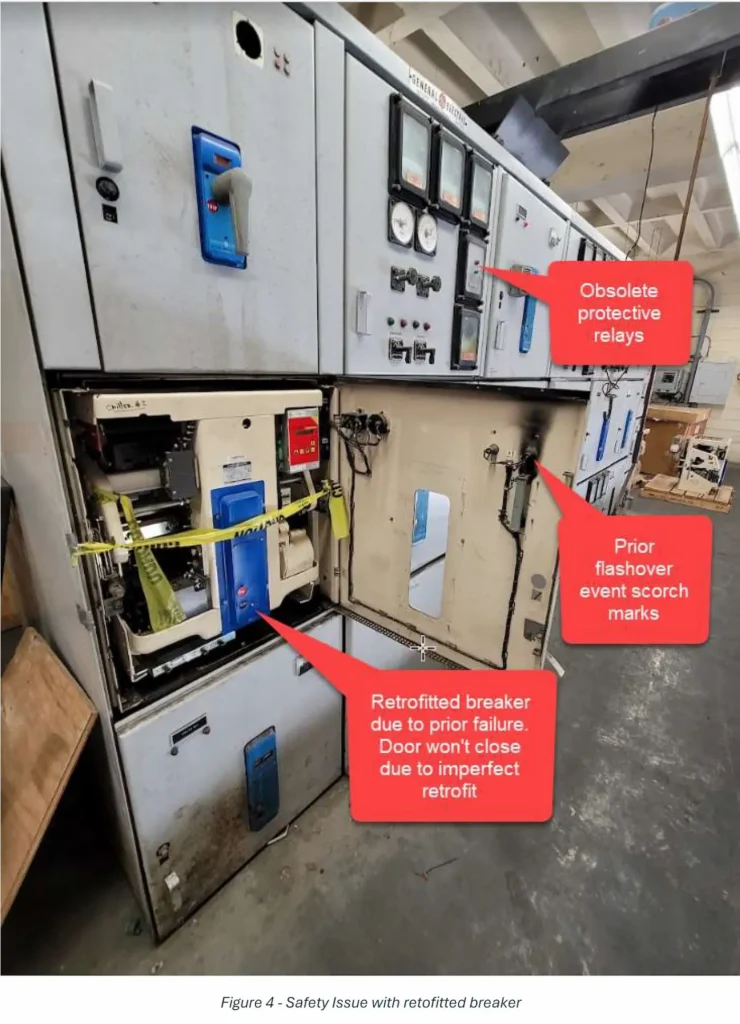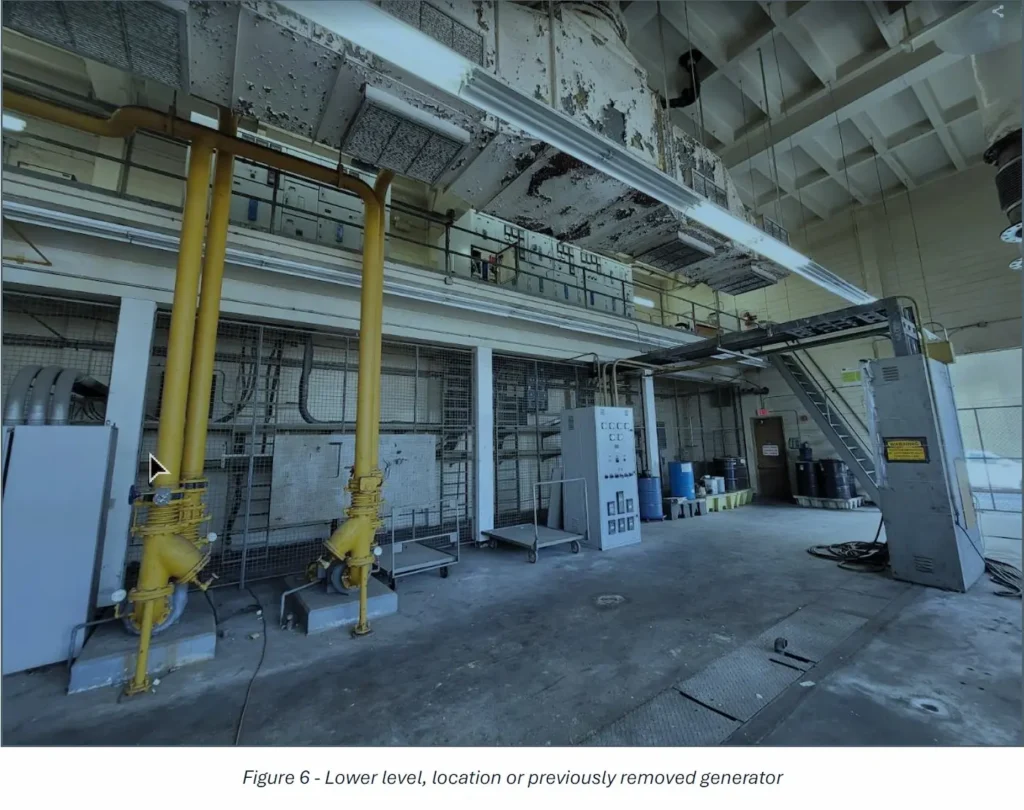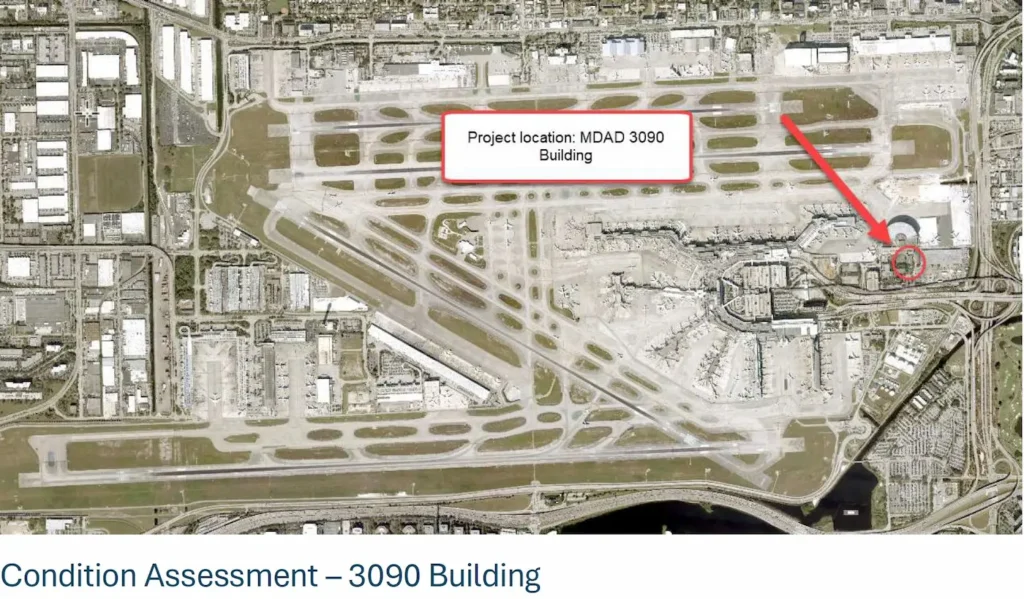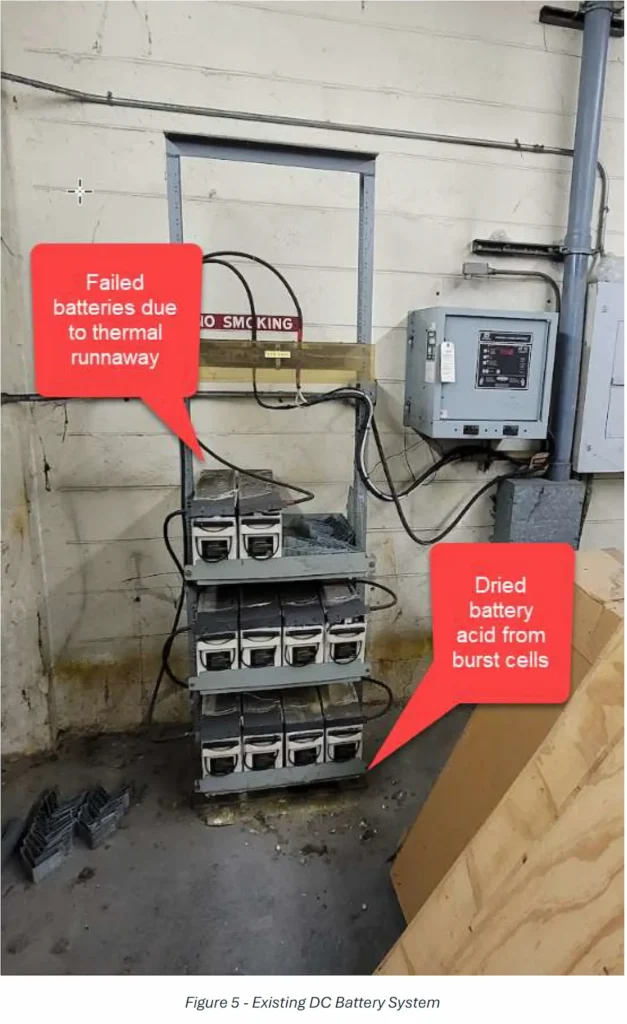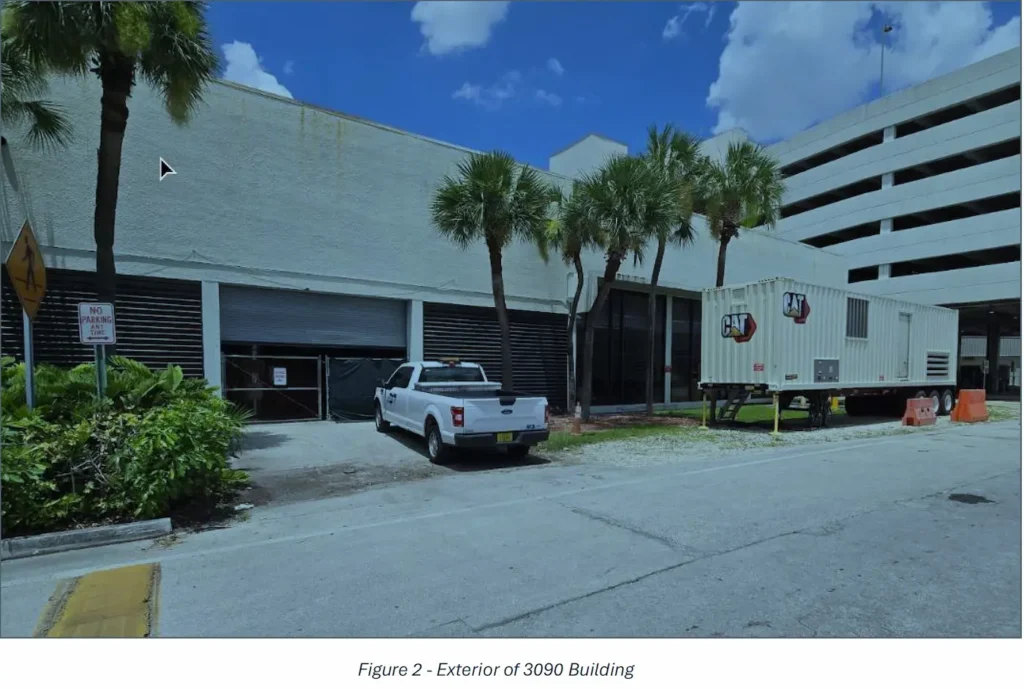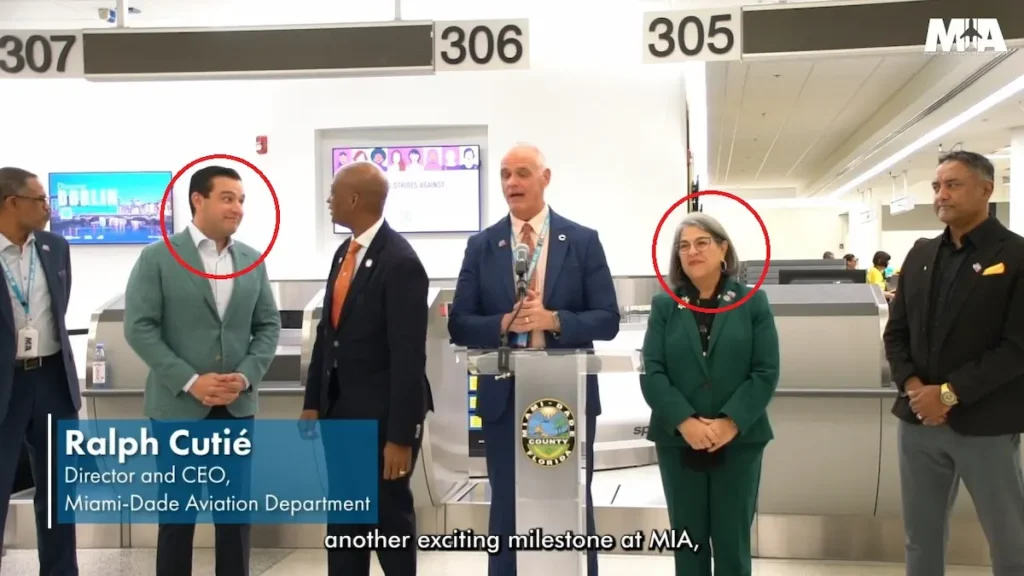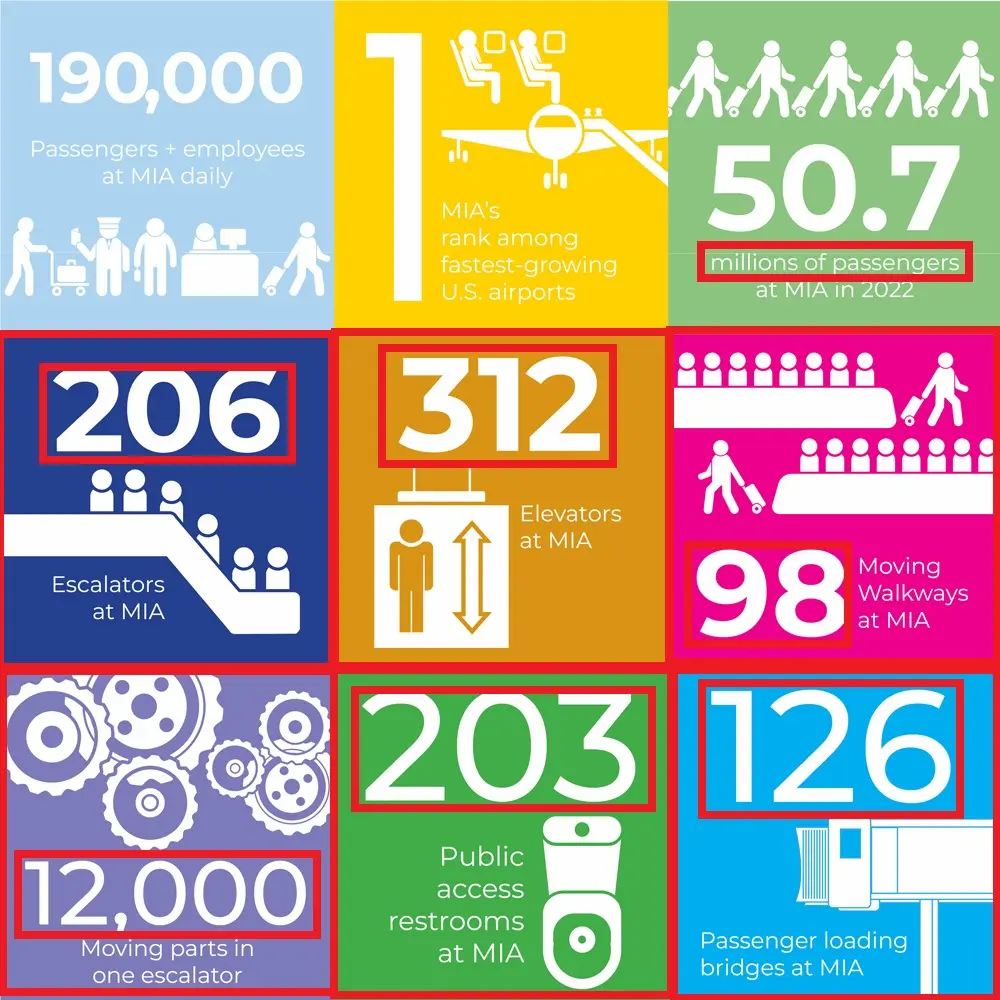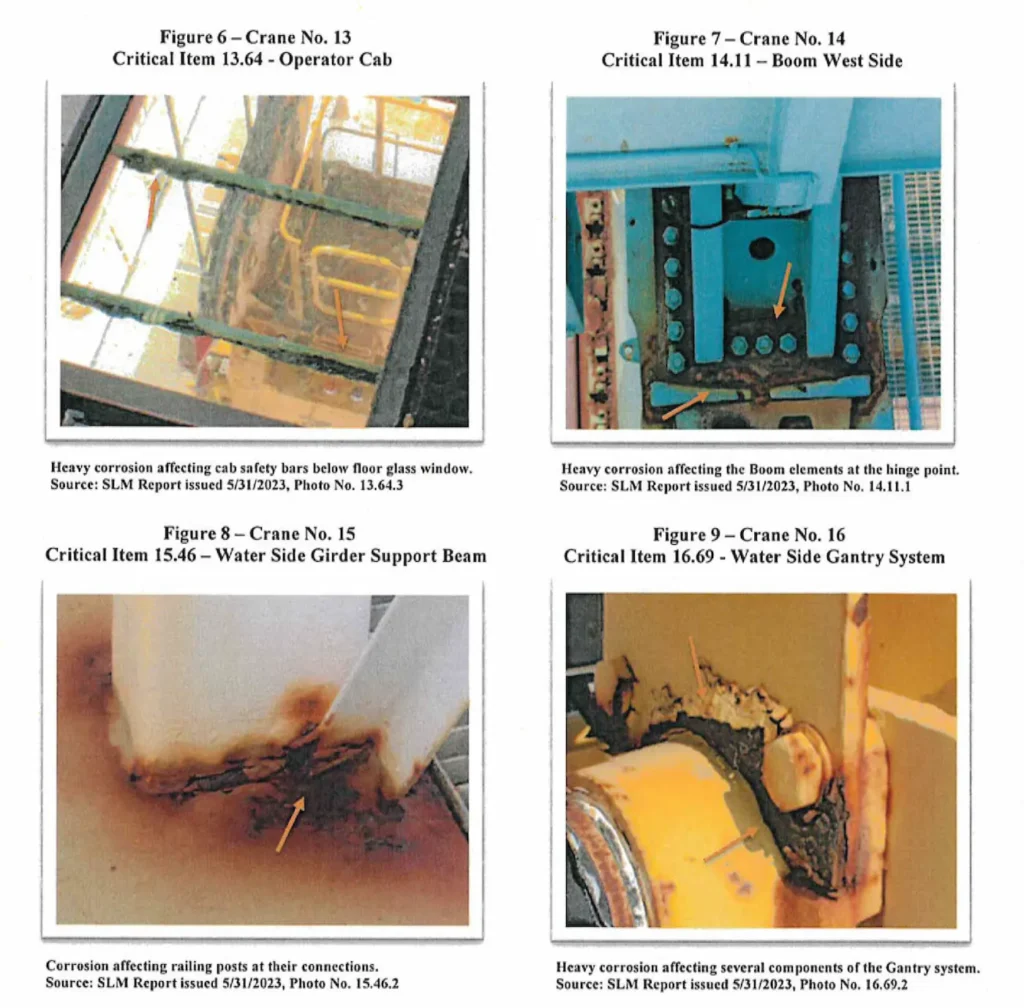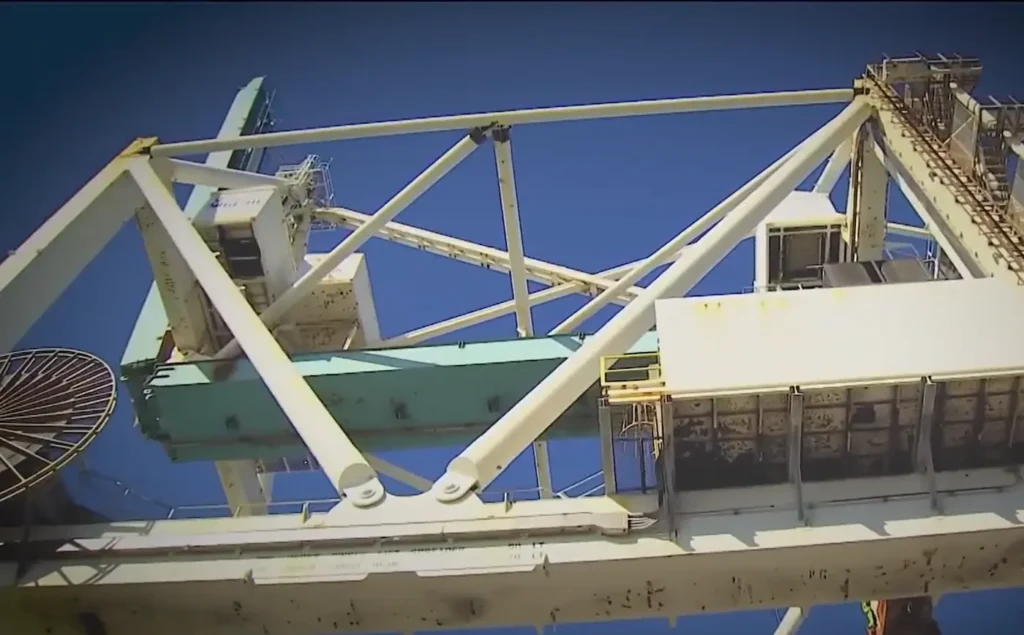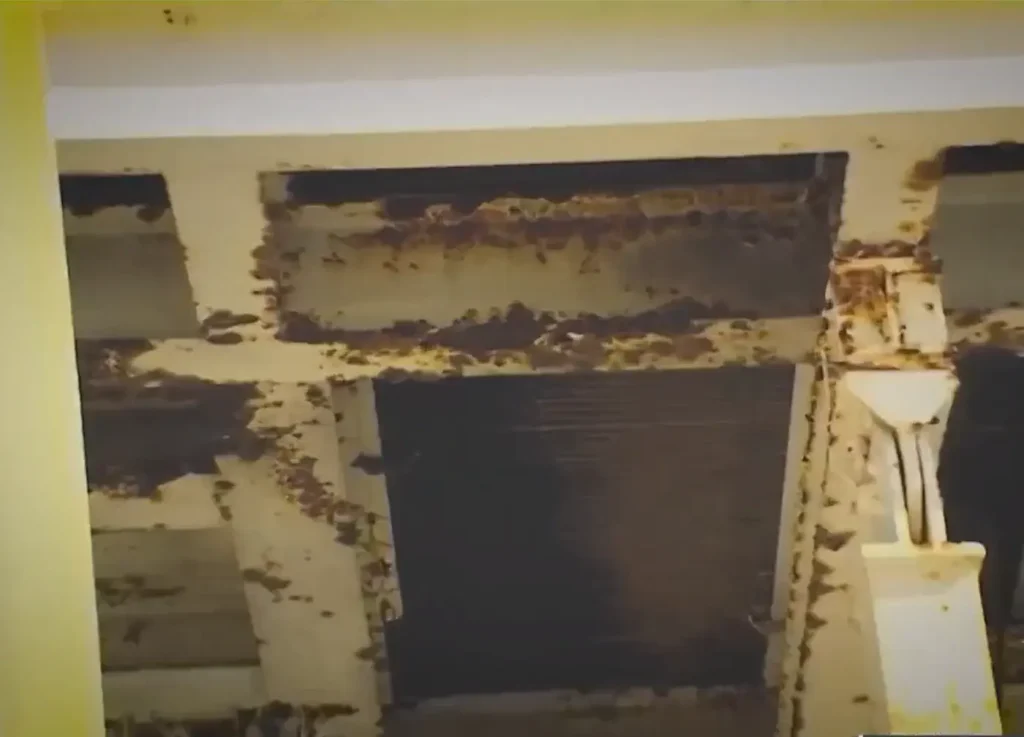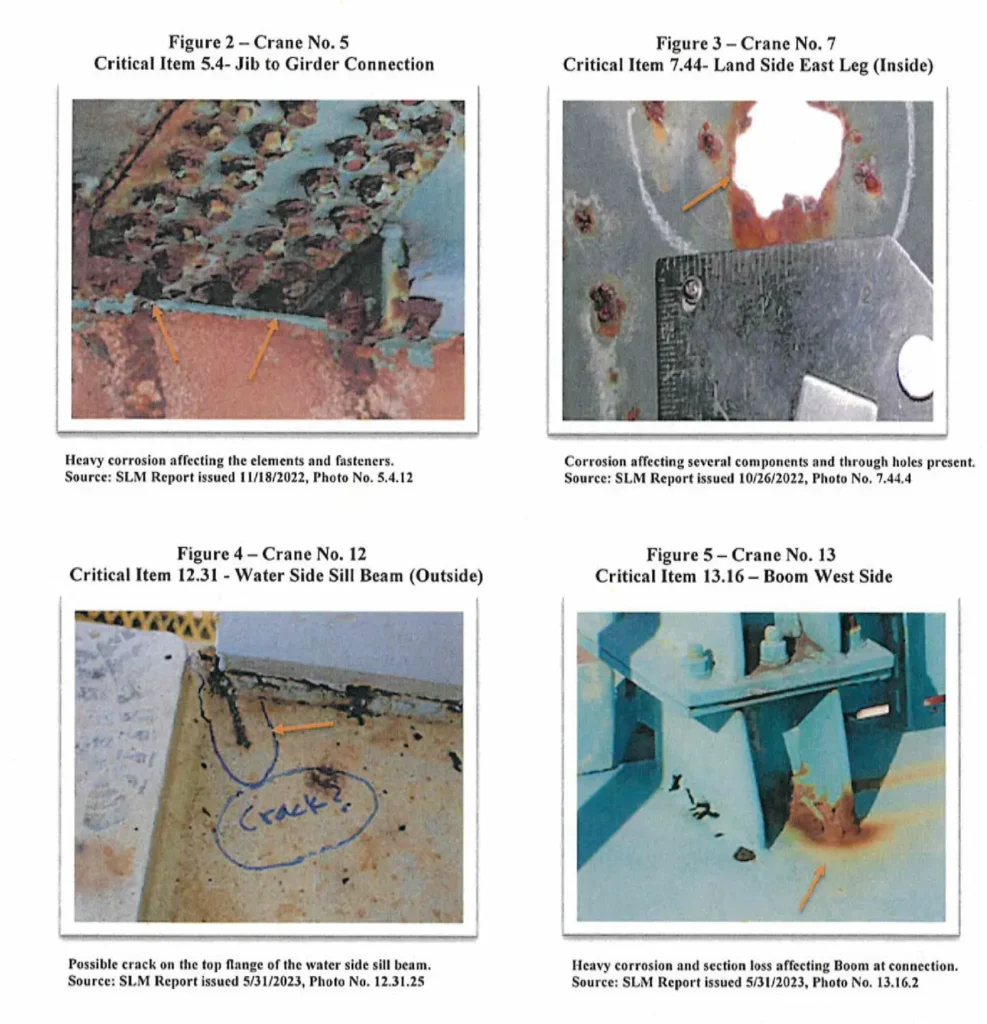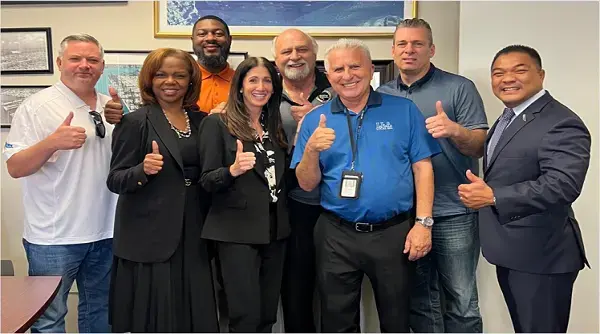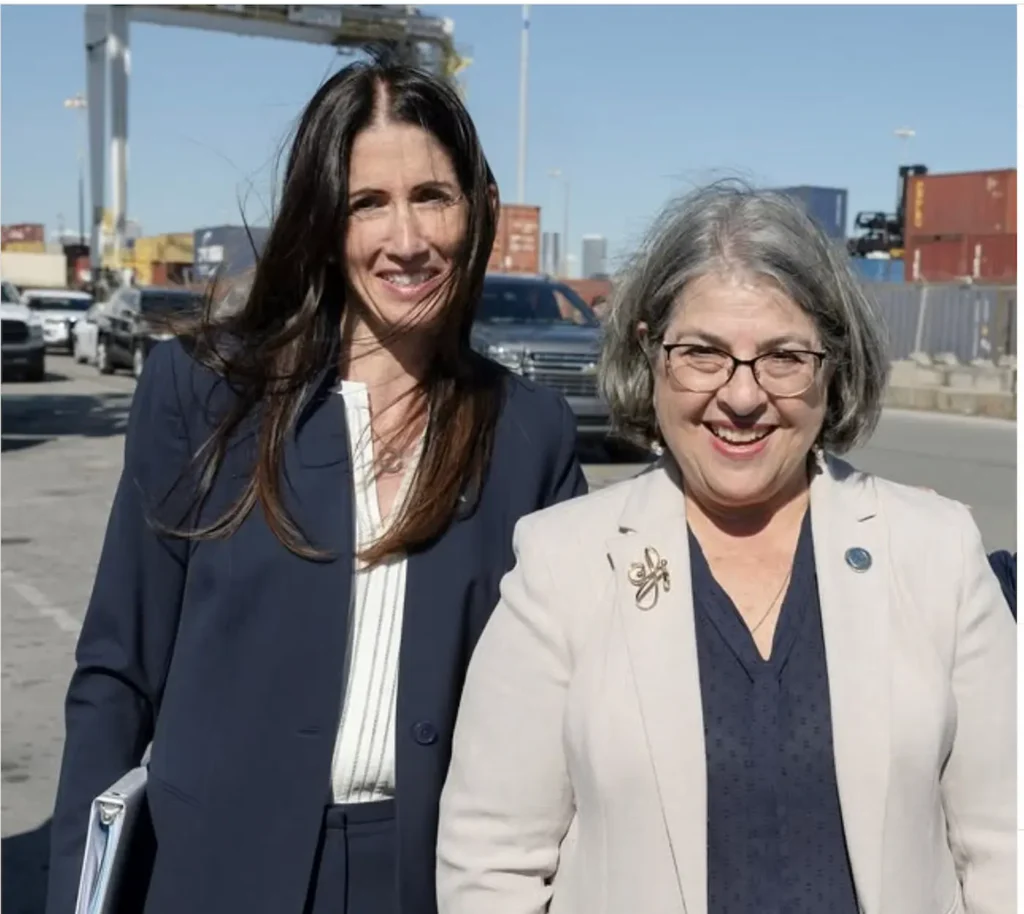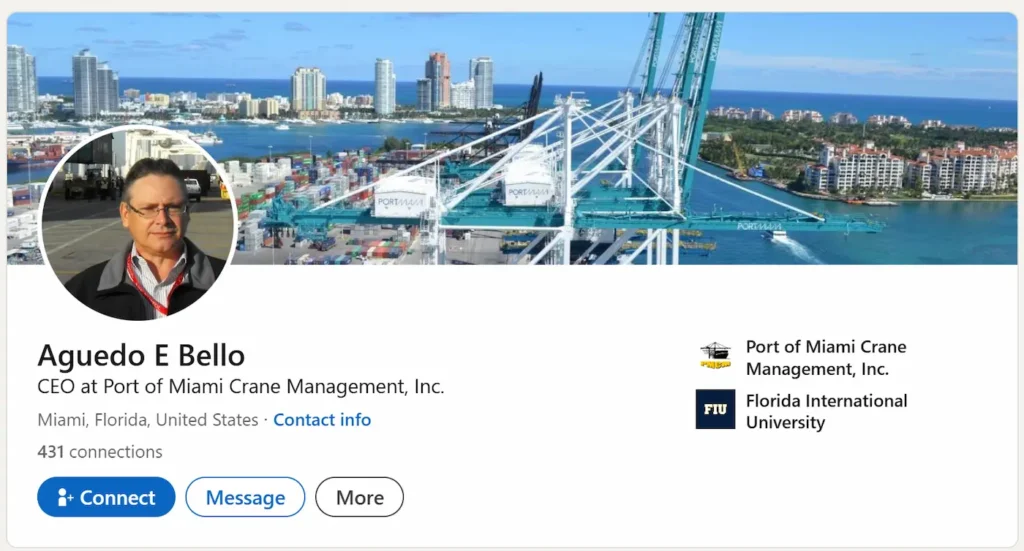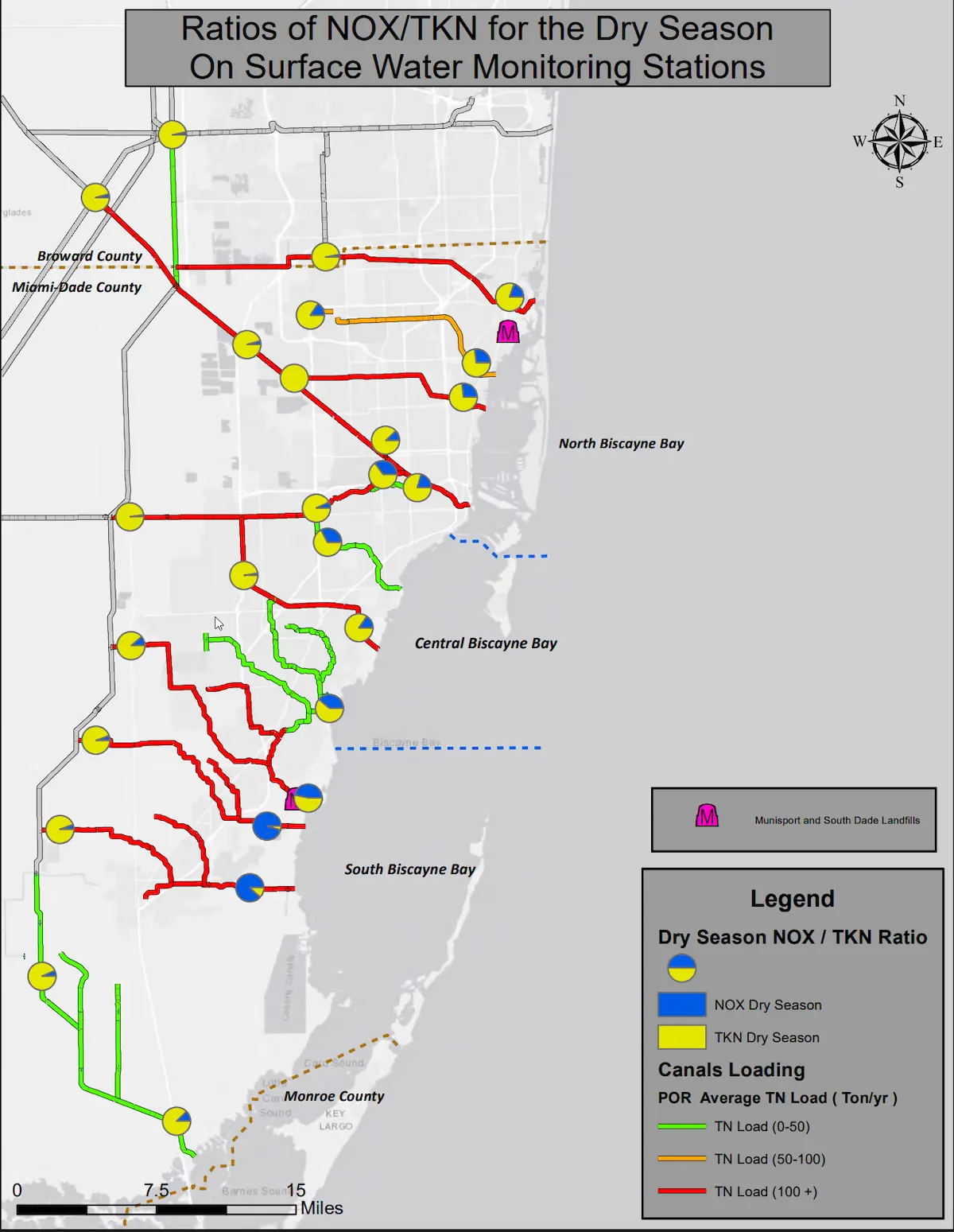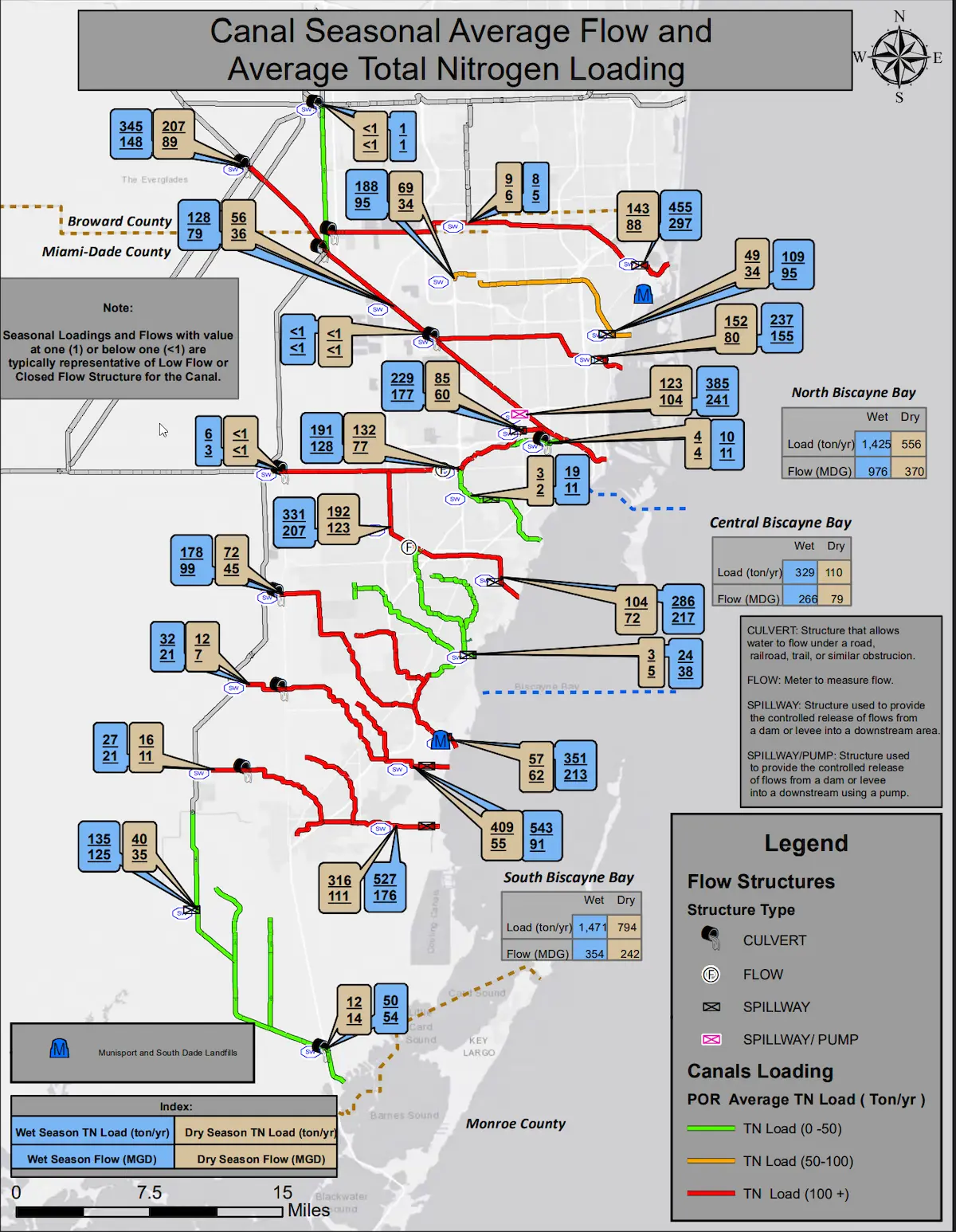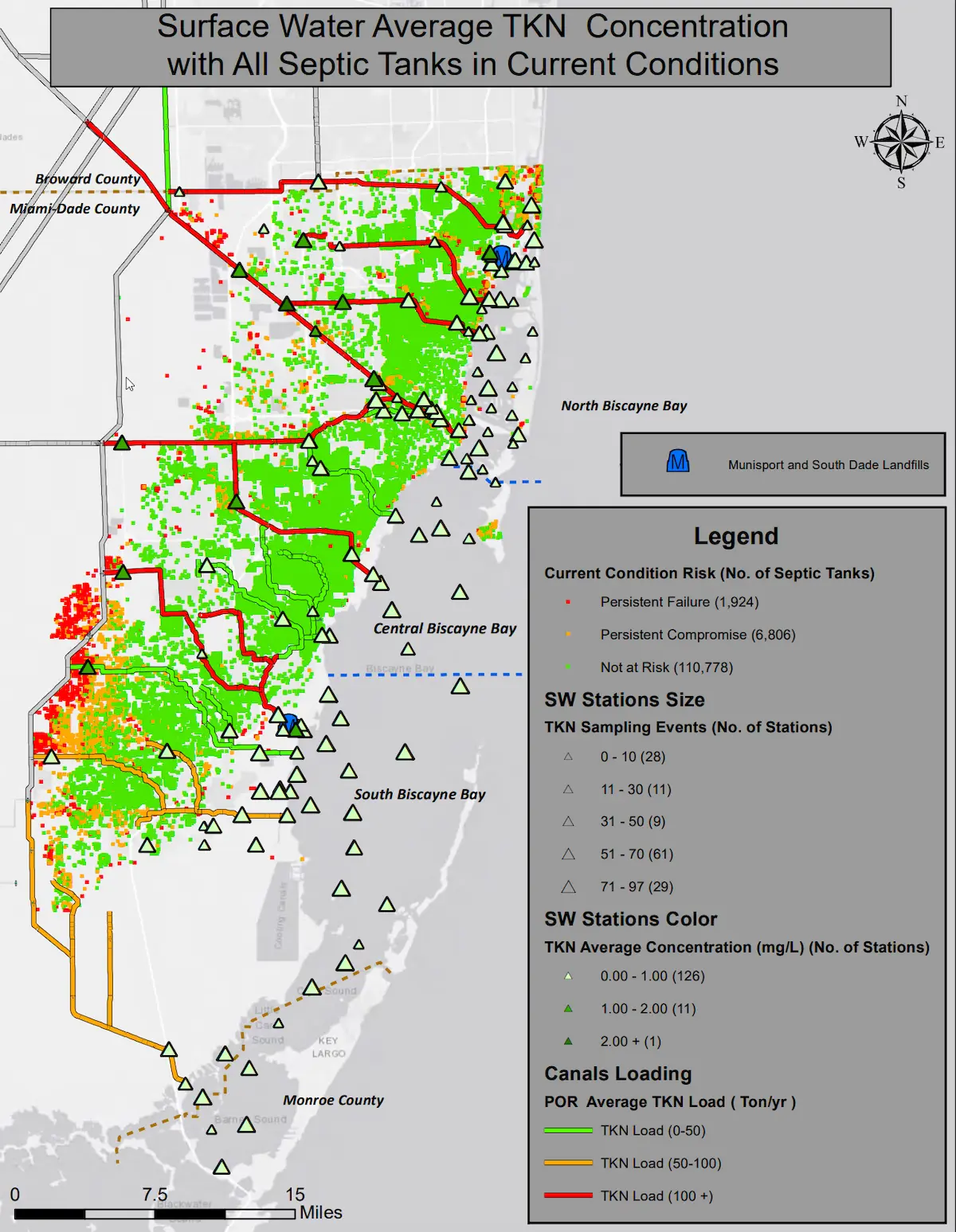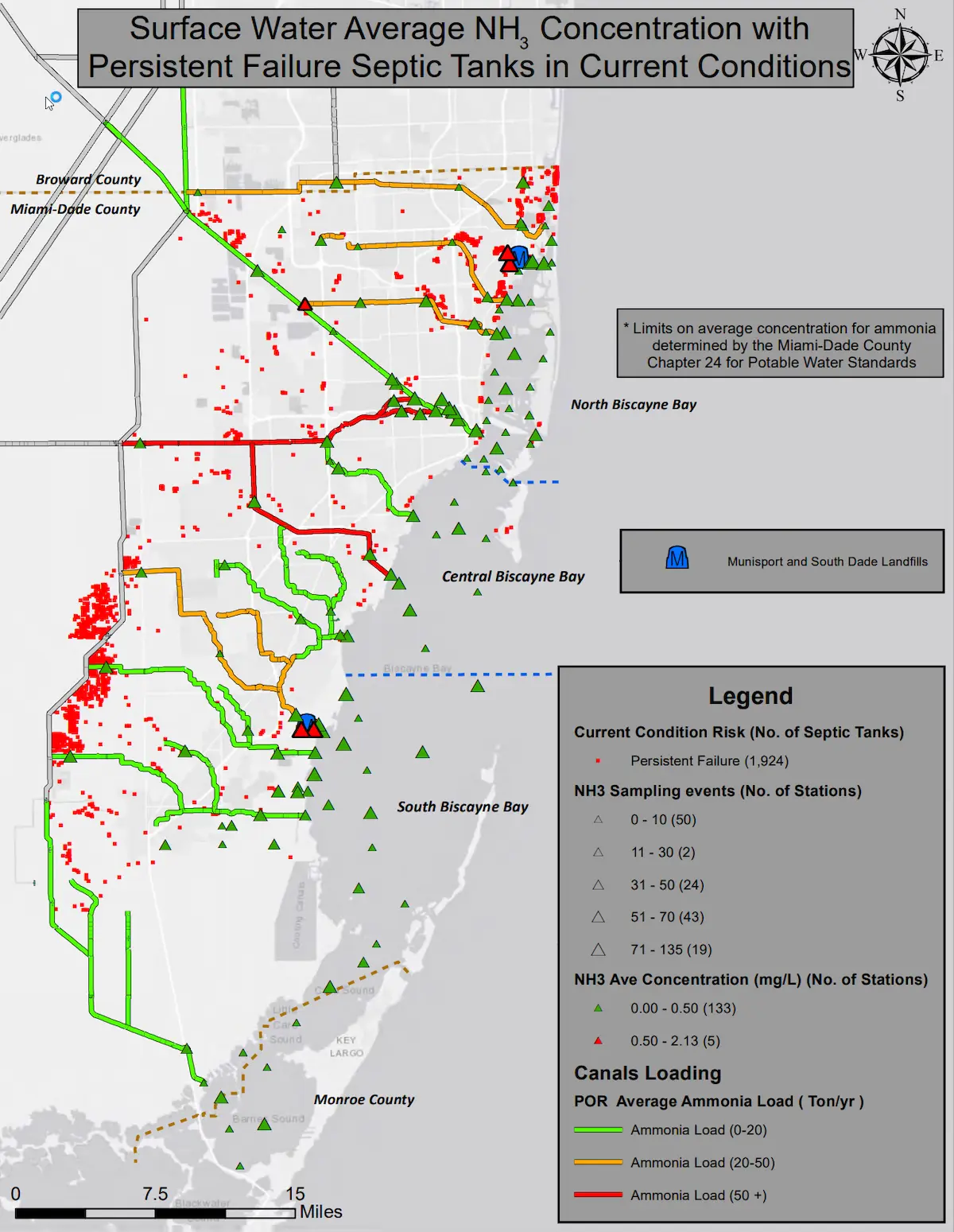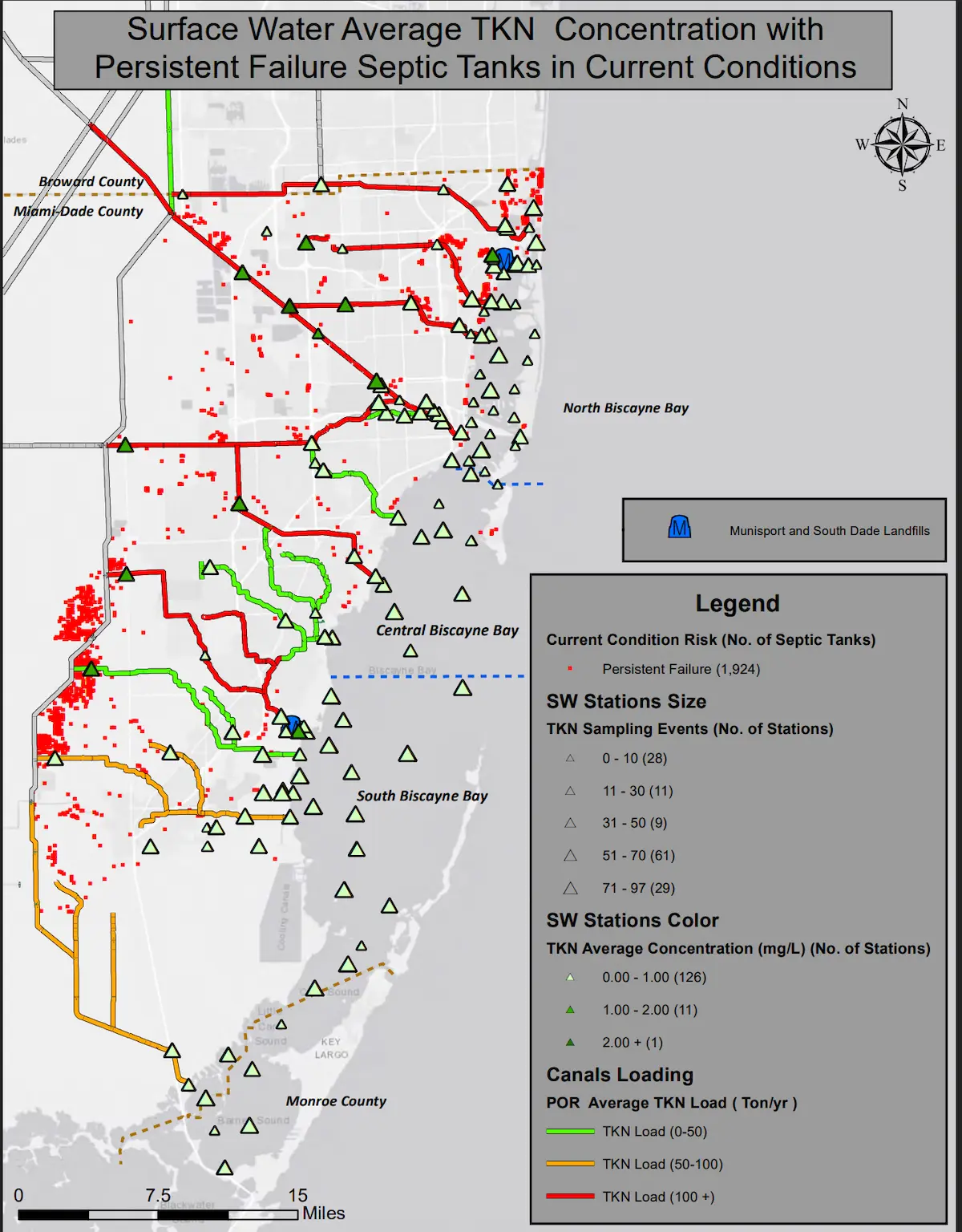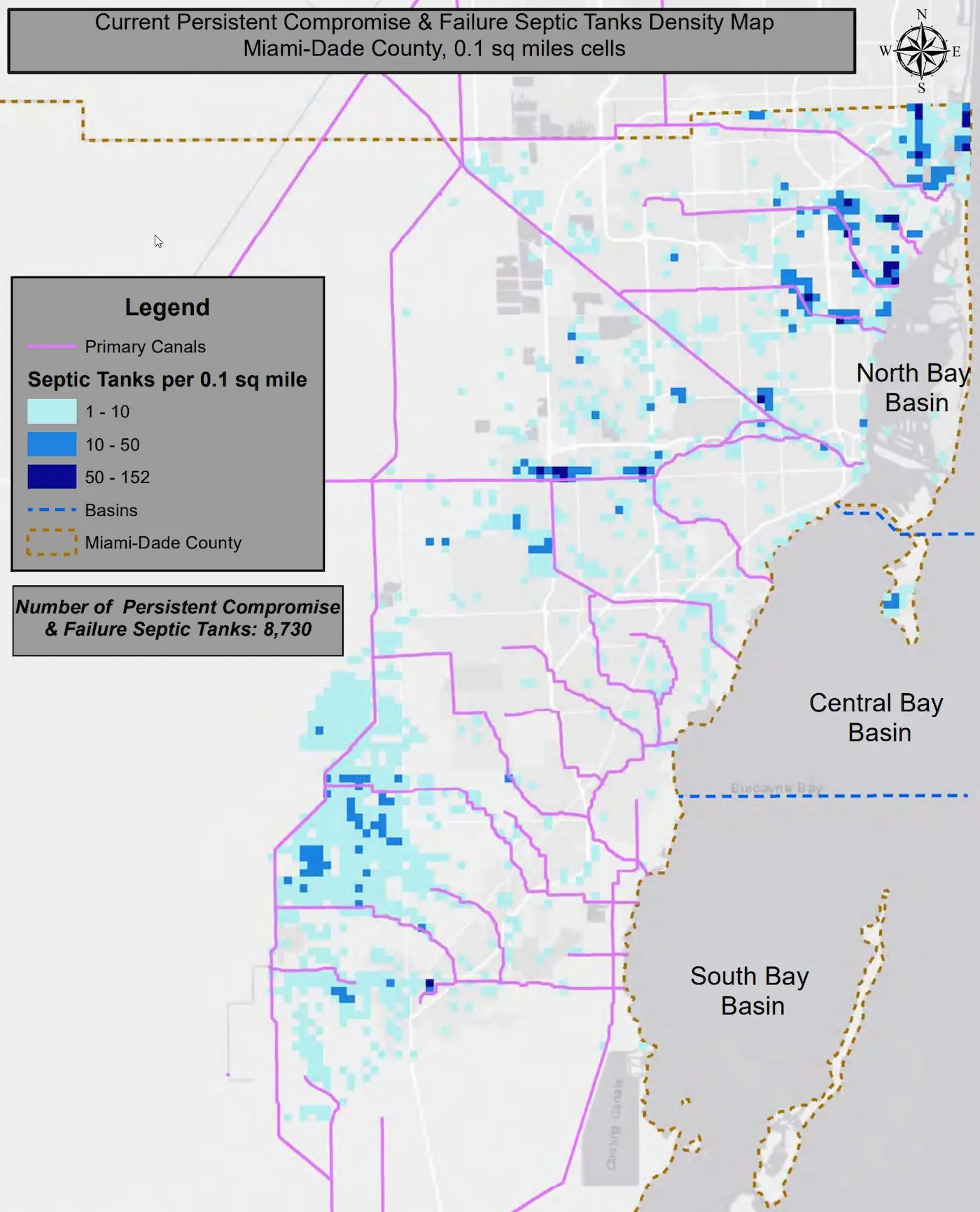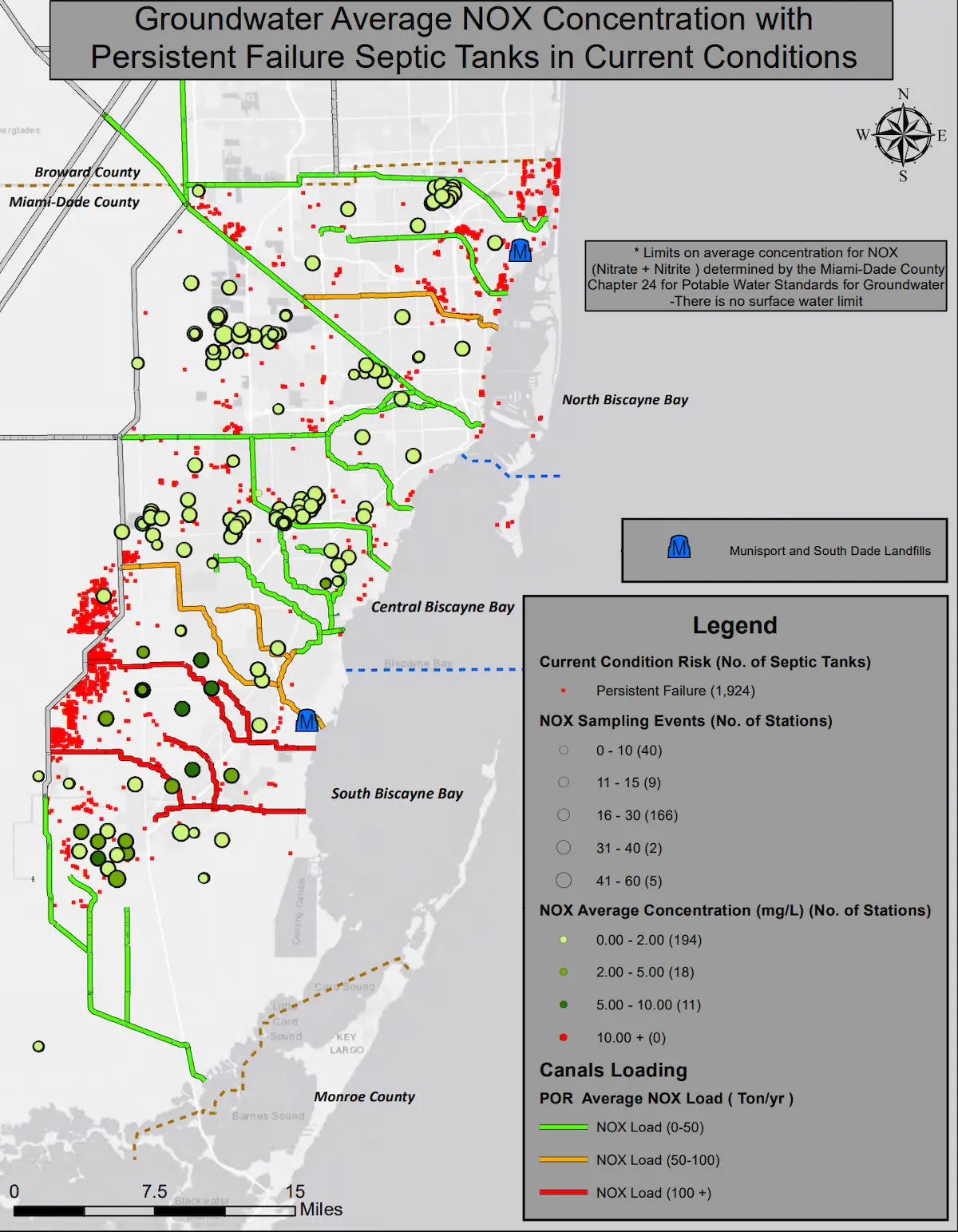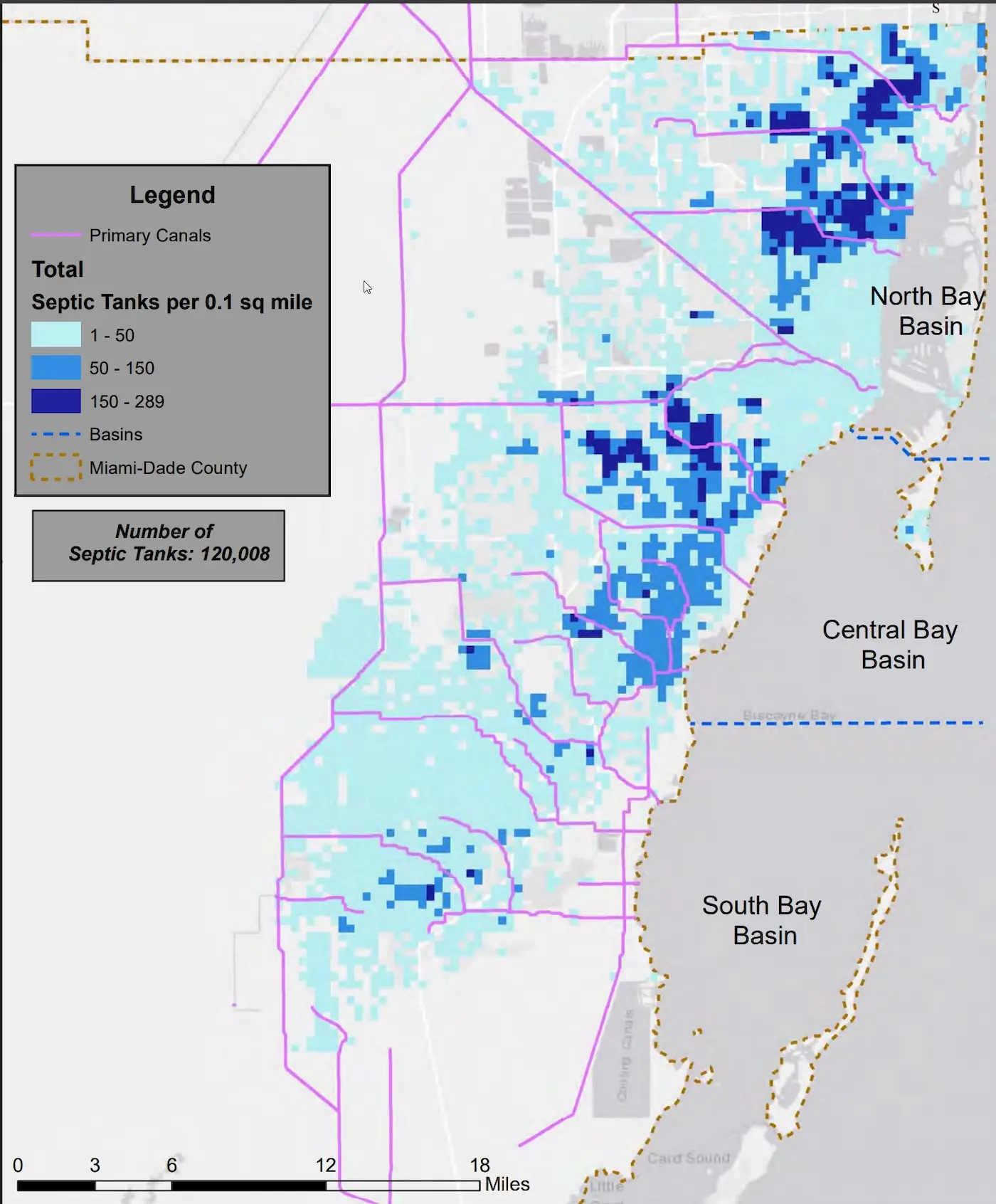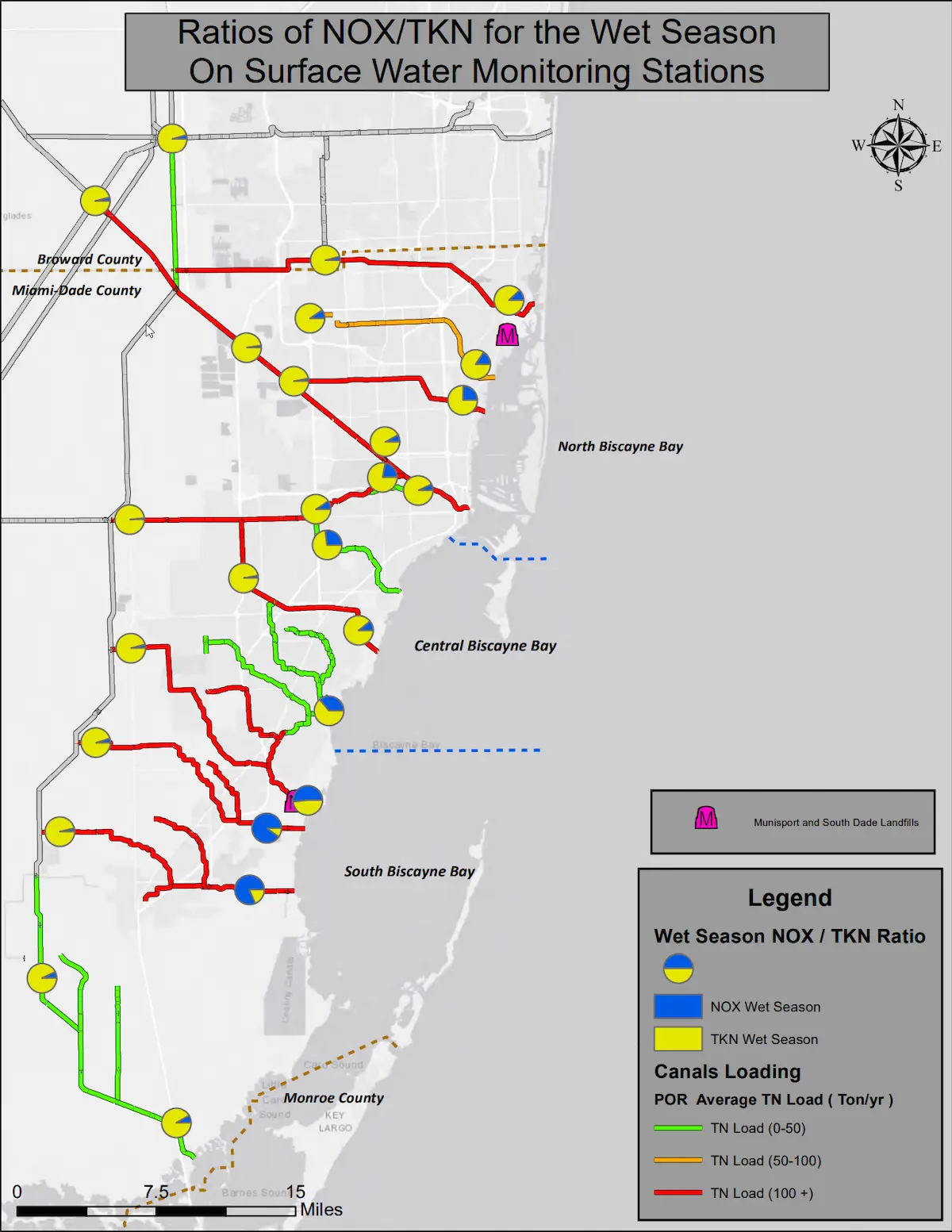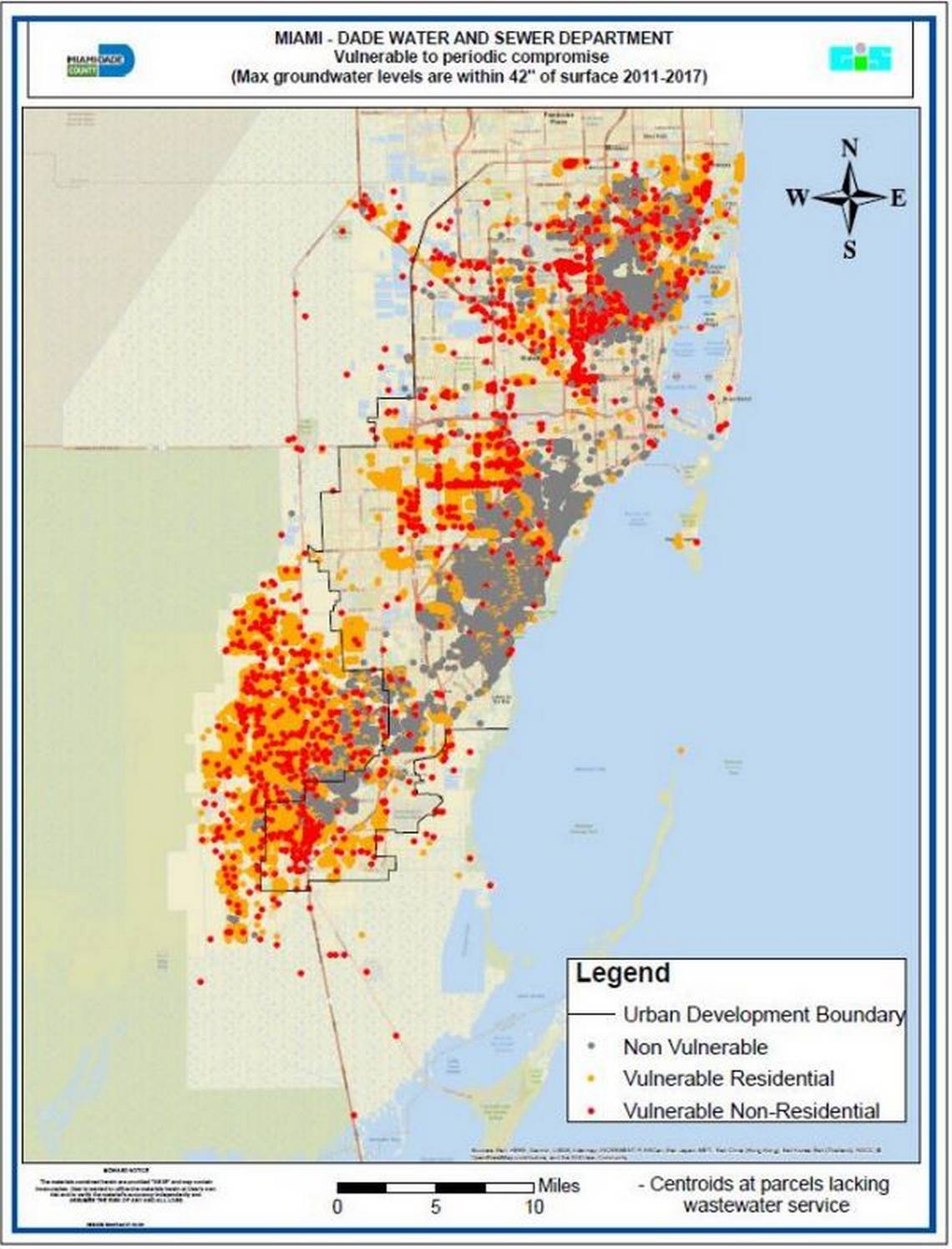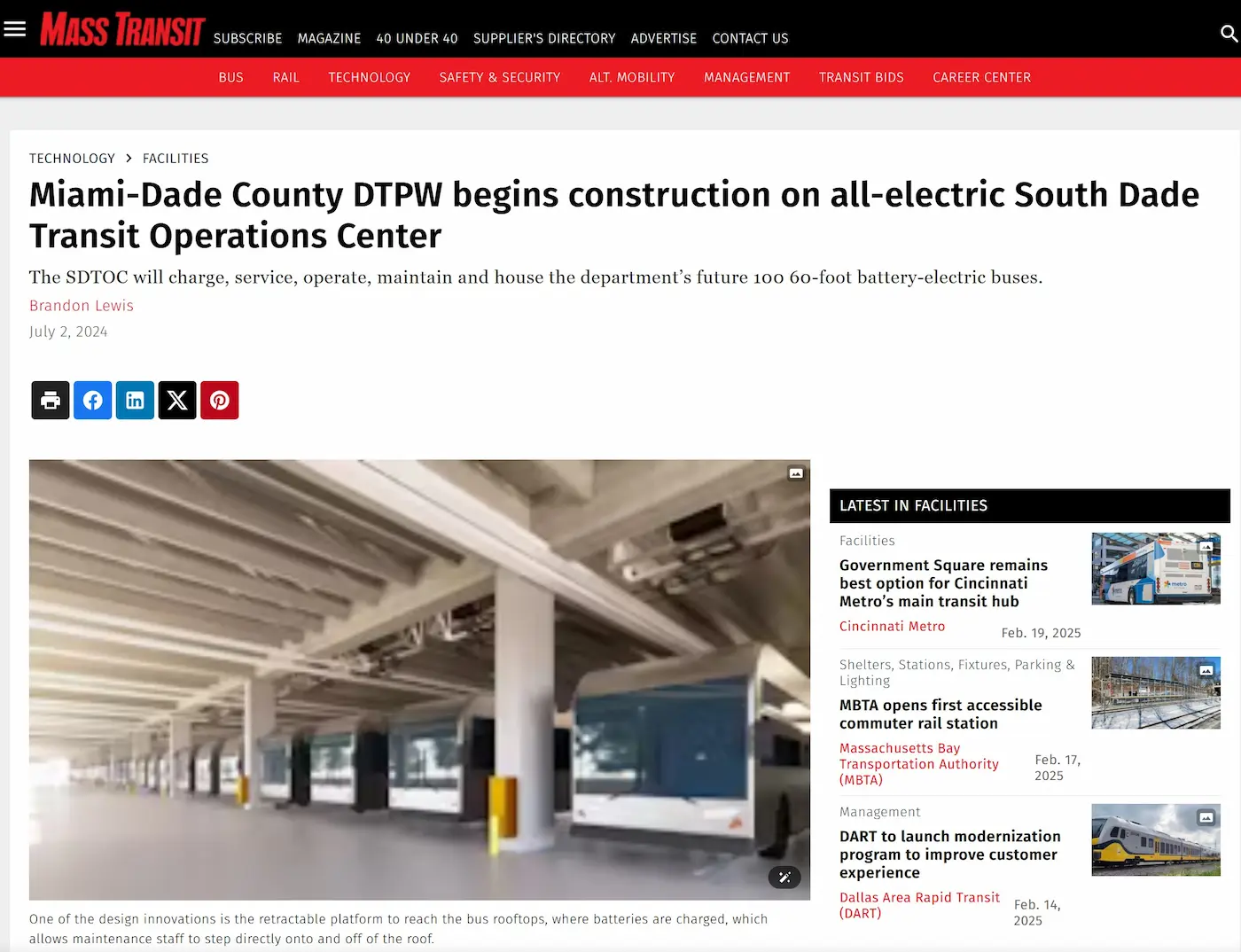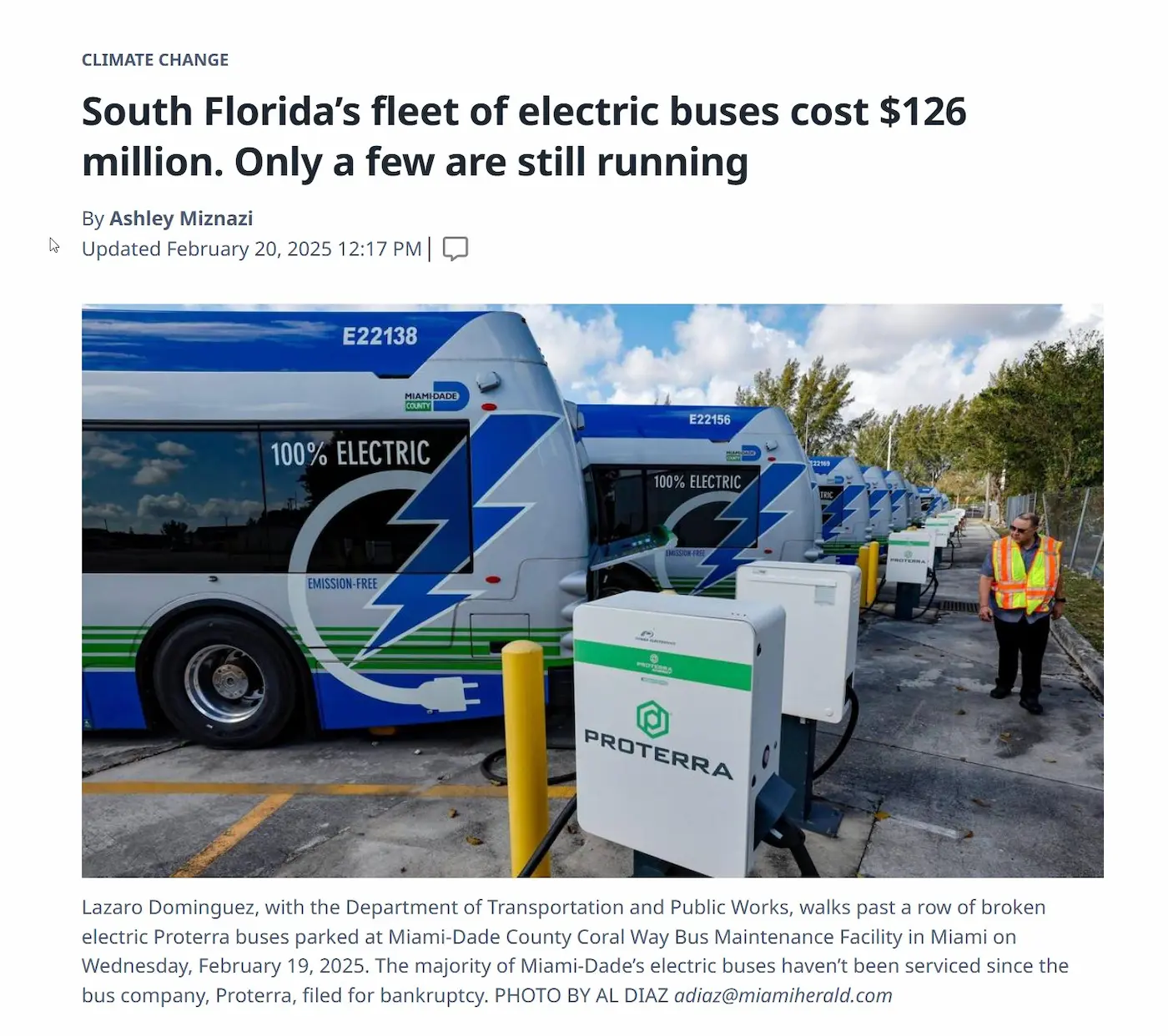|
Getting your Trinity Audio player ready... |
Tabla de Contenido/ Table of Contents
- 1 Miami-Dade in Crisis: County Government or a (Board Game) of Inefficiency and Distrust?. WISE305
- 2 Elections 2024: The Shadow of Manipulation
- 3 Free-Falling Infrastructure:
- 4 Scandal at the Port of Miami: Resignation, Mismanagement, and Revealing Audits
- 5 Unbid Contracts:
- 6 Negligence in Safety:
- 7 Resource Abuse and Personal Benefits:
- 8 Economic and Competitive Impact:
- 9 Weak Response from Authorities:
- 10 Forgotten Neighborhoods of Miami-Dade Still Without Sewer Systems in the 21st Century
- 11 The “Progress” Paradox
- 12 2018
- 13 2020
- 14 2022
- 15 2023
- 16 2024
- 17 Future Projections
- 18 Real Estate Lobby vs. Public Needs
- 19 “Affordable” Housing: A Happy Ending (for Investors)
- 20 Electric Bus Fleet in Miami-Dade and Broward: A $126 Million Waste and Broken Promises
- 21 The Collapse of an “Eco-Friendly” Dream
- 22 Phoenix EV: Savior or Mirage?
- 23 Public Money, Private Benefit
- 24 Lessons (Not Learned) and New Bets
- 25 An Electric Future… With Potholes
- 26 WISE305: A Program or a Mirage?
- 27 WISE305: Efficiency or Illusion?
- 28 The Political Circus: Dynasties, Pointless Meetings, and a “Mafia” in Power
- 29 A Call to Action: Fewer Selfies, More Solutions
Miami-Dade in Crisis: County Government or a (Board Game) of Inefficiency and Distrust?. WISE305
While Mayor Daniella Levine Cava promotes her WISE305 initiative as a symbol of efficiency, county residents denounce that behind the facade of innovation lies a system plagued by negligence, opacity, and questionable decisions. From the controversial 2024 election case to collapsing infrastructure and accusations of political favoritism, Miami-Dade appears to be trapped in a cycle of broken promises and power games.
Elections 2024: The Shadow of Manipulation
Levine Cava’s victory in the August 2024 elections remains under scrutiny. Former Republican candidate Alexander Otaola filed a lawsuit against the current mayor and the Elections Department, accusing them of manipulating the ballot along with presenting other evidence pointing to a lack of transparency in the electoral process. According to his complaint, the mayor’s name appeared at the top of the list without following an alphabetical order, which could have influenced unsuspecting voters.
“This is undeniable proof of irregularities,” stated Otaola. While the case is still in litigation, the controversy undermines the legitimacy of a government that already faces chronic skepticism.
Free-Falling Infrastructure:
MIA (Miami International Airport)
Miami International Airport (MIA) stands as a symbol of decline. Despite receiving an “A+” rating in a controversial recent award, users report daily chaos: endless lines, broken elevators, escalators, out-of-service restrooms, and outdated electrical systems.
“If this is an A+, what must the other airports be like?”
A frequent traveler made an ironic remark about the airport’s layout, pointing out that it seems designed to force passengers to walk long distances between stores and cafés, likely encouraging them to purchase food while enduring prolonged flight delays.
As an example, he mentioned a case where a passenger, already on board, was forced to disembark because a mechanic only then detected an issue with the aircraft’s tire.
“We’re lucky there aren’t more accidents at MIA,” he concluded.
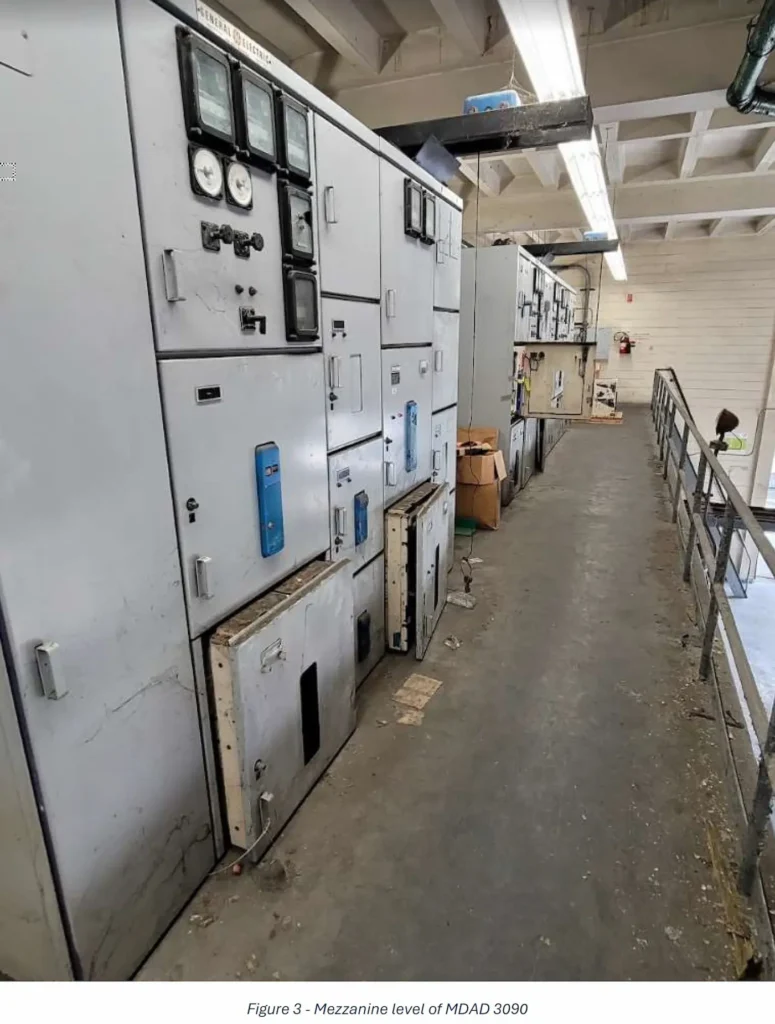
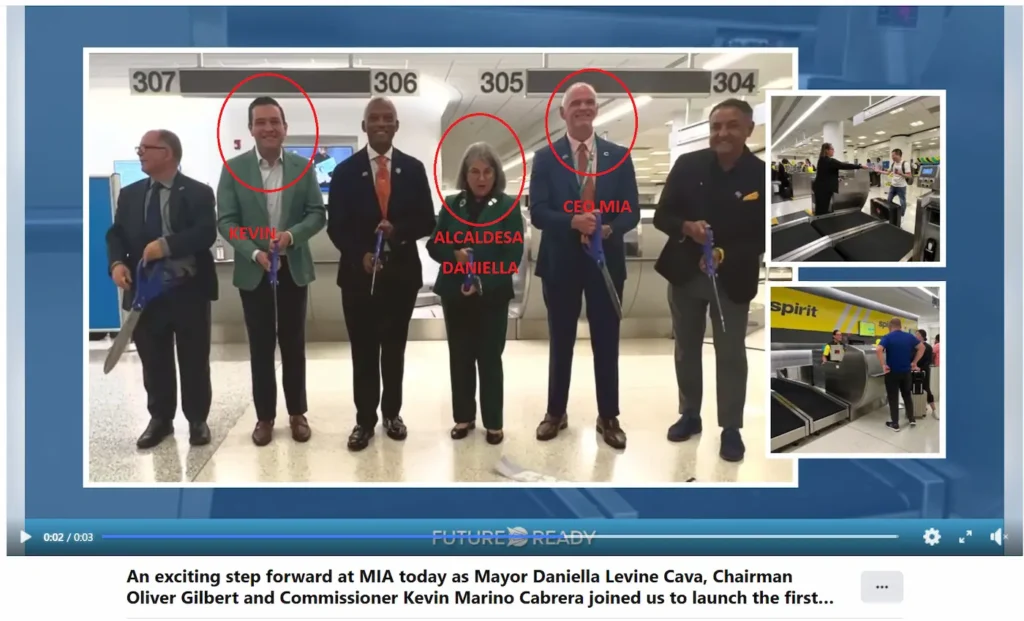
Scandal at the Port of Miami: Resignation, Mismanagement, and Revealing Audits
The resignation of Aguedo “Ed” Bello, CEO of the nonprofit Port of Miami Crane Management (PMCM)—responsible for maintaining cargo cranes at PortMiami—came after audits exposed serious financial and operational irregularities funded by the county. Key findings include:
Unbid Contracts:
- Bello approved a $2.7 million contract with Paceco Momentum for repairs without a competitive bidding process. The contract was later canceled after port authorities intervened.
- $1.45 million was spent on a Spyder technology system to monitor cranes, which turned out to be inoperable and provided no real benefits.
Negligence in Safety:
- Four out of 13 cranes were inactive: Two were declared “unsafe to operate” due to corrosion, one was under demolition, and another had been out of service since 2022.
- Audits revealed a lack of preventive maintenance for over a decade, putting port operations at risk.
Resource Abuse and Personal Benefits:
- Bello used corporate credit cards for questionable expenses:
- $1,883 at a luxury restaurant
- $2,364 on embroidered shirts
- Frequent flyer miles for personal benefit
- The cards, which had $20,000 monthly limits, were canceled after the scandal broke.
Economic and Competitive Impact:
- Container volume at PortMiami dropped by 13% (2020-2024), while Port Everglades (Broward) grew by 5%.
- The port lost $4 million in revenue due to decreased activity.
Weak Response from Authorities:
- While the port eliminated corporate credit cards and promised reforms, the board of directors—including appointees of Mayor Levine Cava—ignored years of mismanagement.
- Despite its failed track record, Paceco Momentum continues to participate in new repair bids.
Bello’s resignation, officially framed as a “personal decision,” reflects a system riddled with opacity, where negligence and conflicts of interest have compromised Miami-Dade’s critical infrastructure—leaving taxpayers to bear the costs.
And where does accountability end?
Forgotten Neighborhoods of Miami-Dade Still Without Sewer Systems in the 21st Century
While Miami-Dade County promotes luxury projects and exclusive developments, thousands of residents in areas such as Homestead, Florida City, and both incorporated and unincorporated areas of the county’s north and south live in a medieval reality—they lack basic sewer infrastructure, relying instead on outdated septic tanks that contaminate groundwater and threaten public health.
The “Progress” Paradox
Chronology of ‘Connect 2 Protect’ Projects and Other Sanitation Initiatives in Miami-Dade
2018
- SEPTIC SYSTEMS VULNERABLE TO SEA LEVEL RISE
- November 2018 – Final Report in support of Resolution No. R-911-16
- Final Report in support of Resolution No. R-911-16
2020
- Accelerated efforts begin to secure state and federal funding for septic-to-sewer conversion in Miami-Dade.
- Miami-Dade receives nearly $488 million in grants to improve the sewer system and reduce water contamination.
- Plan of Action Report – A Risk-Based Approach to Septic Systems Vulnerable to Sea Level Rise
Plan of Action Report – A Risk-Based Approach to Septic Systems Vulnerable to Sea Level Rise
2022
- January 27: Mayor Daniella Levine Cava officially launches ‘Connect 2 Protect’, a multi-year program for septic-to-sewer conversion.
- The first phase begins in Shore Crest, connecting vulnerable homes to the sewer system.
- Planning of 35 projects in different stages of design and contracting.
2023
April:
- Hialeah Mayor Esteban Bovo announces an $8 million federal funding allocation from Congressman Mario Díaz-Balart to improve the city’s sewer system.
- $5 million is allocated for sewer pipeline maintenance, while $3 million is designated for revitalization projects to mitigate flooding.
September:
- Approximately 9,000 out of 120,000 septic tanks in Miami-Dade are confirmed as vulnerable and at risk of failure due to flooding conditions.
- The number is projected to increase to 13,500 by 2040 if no action is taken.
- An official report reveals that around 800 septic tanks fail even on dry days, and during heavy rain, up to 58,000 systems could become compromised.
November:
- A new project is completed in Ives Estate (northeast Miami-Dade), benefiting 60 homes with a $2 million investment.
2024
January:
- 11,000 homes have now been connected to the sewer system under ‘Connect 2 Protect’, a major jump from just 436 conversions in the previous decade.
December:
- Commissioner Kevin Marino Cabrera announces the expansion of the Septic-to-Sewer Financial Assistance Program.
- The program’s budget doubles from $5 million to $10 million.
- Homeowners are now eligible for grants and low-interest loans of up to $15,000 to help cover conversion costs.
Future Projections
- New Regulations: Stricter requirements for new septic tank installations and faster approval processes for conversions.
- 2030 Goal: The county aims to convert 67,000 septic tanks to the sewer system—by 2025, nearly half of the families lacking the service.
- Total Estimated Cost for Full Conversion: $4 billion.
Real Estate Lobby vs. Public Needs
Critics point to a conflict of interest: 70% of donations to Levine Cava’s 2024 campaign came from developers and firms tied to luxury projects.
“It’s more profitable to connect a high-end complex than to invest in poor neighborhoods.”
Meanwhile, the WISE305 program—which promises “efficiency”—lacks clear goals for eliminating septic tanks.
“What’s the point of all this technology if we don’t even have sewage? This is environmental segregation.”
The question remains: Will Miami-Dade prioritize its people, or will it continue paving the future only for those who can afford it?
“Affordable” Housing: A Happy Ending (for Investors)
The affordable housing program has become a headache. While the county subsidizes rent with public funds—for example, covering the difference when a tenant pays $500 for a $3,000 rental—property owners receive full payments, financed by taxpayers.
“It’s a perfect business for developers aligned with county power,” said a county resident.
Meanwhile, programs like Section 8 are promoted as a solution, but in practice, they only benefit a small minority and often operate within a system as opaque as local politics.
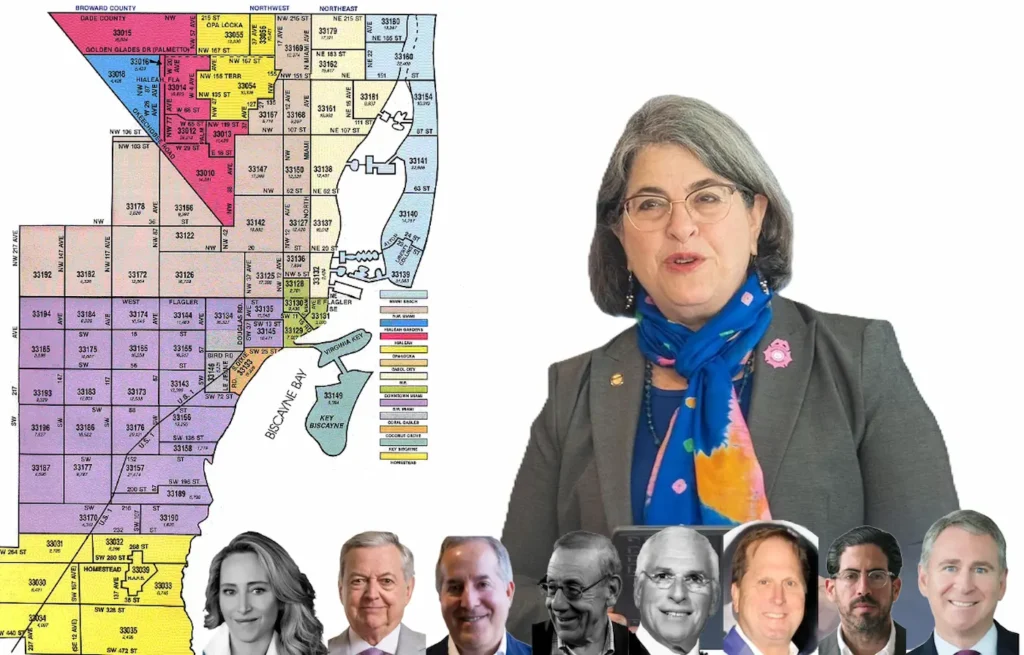
Electric Bus Fleet in Miami-Dade and Broward: A $126 Million Waste and Broken Promises
Miami-Dade and Broward invested $126 million in 117 Proterra electric buses, funded by local taxes and federal subsidies, as part of a “green” project to modernize public transportation. Two years later, the fleet is a graveyard of unusable vehicles: in Miami-Dade, only 5 to 7 out of 75 buses are operational, while in Broward, none of the 42 buses work.
The Collapse of an “Eco-Friendly” Dream
Recurring Technical Issues
- The electric buses broke down every 600 miles (vs. 4,500 miles for diesel buses), according to Broward data.
- Battery failures, software glitches, and lack of spare parts—worsened by Proterra’s bankruptcy in 2023—left counties without technical support.
Fire Hazard
- The Biden administration recalled hundreds of units due to the risk of combustion, but Miami-Dade continued using its fleet until they became inoperable.
“Ghost” Parts
- Proterra’s proprietary technology made external repairs impossible.
- “It’s like if Apple went bankrupt and no one could fix an iPhone,” explained Matt Lichtash, an expert in electric transportation.
Phoenix EV: Savior or Mirage?
In 2024, Phoenix EV acquired Proterra’s assets, promising to fix the crisis. However:
- The company extended warranties in Miami-Dade and offered discounts to Broward but failed to deliver critical spare parts.
- Broward attorneys questioned its financial capacity in court filings:
“Phoenix makes empty promises,” said Coree Cuff Lonergan, the county’s transportation director.
Public Money, Private Benefit
The buses were purchased using the transportation tax (half a cent in Miami-Dade, one cent in Broward). Today, dozens of rusting buses display an ironic sticker: “Your half-cent in action.”
- $72 million → Miami-Dade’s cost for 75 buses
- $54 million → Broward’s cost for 42 buses
None of the buses fulfilled the promise of prioritizing marginalized communities.
“Fewer buses on the road hurt the elderly and workers,” said Wendell Morrison, a frequent rider in Liberty City.
Lessons (Not Learned) and New Bets
While Phoenix EV struggles to deliver, counties are seeking alternatives:
- Miami-Dade purchased 100 New Flyer buses (a Canadian manufacturer) for the South Miami-Dade Transit Way, a 20-mile electric corridor.
- Broward, skeptical, is evaluating other “green” technologies.
An Electric Future… With Potholes
While clean transportation remains a goal, this experience exposes systemic failures:
- Dependence on Startups → Proterra lost money on every bus sold, according to financial reports.
“These issues are just bumps on the road to electrification,” admitted Stan Cross of the Clean Energy Alliance.
But for residents, the road remains filled with broken promises and rusting buses. Will county leaders learn from their mistakes, or will they keep burning millions on poorly planned projects?
WISE305: A Program or a Mirage?
Summary of Miami-Dade Mayor Daniella Levine Cava’s 2025 State of the County Address
Miami-Dade Mayor Daniella Levine Cava delivered her State of the County address on January 30, 2025, highlighting budget challenges and the launch of “WISE305”, an efficiency program aimed at optimizing costs in the $13 billion county government. The initiative seeks to cut expenses through automation, agency consolidation, and the elimination of outdated regulations.
Levine Cava spoke at Miami Senior High amid a shifting political landscape, having lost key powers due to a 2024 constitutional amendment that established an independent sheriff, elections supervisor, and comptroller, reducing her authority. She now faces a more conservative political environment, as Miami-Dade—historically Democratic—was won by Donald Trump by 11 points in 2024.
The mayor warned of a tougher budget ahead, citing shrinking federal funds post-pandemic and growing demands for resources, such as the $50 million budget increase requested by newly elected Sheriff Rosie Cordero-Stutz. While her speech focused on austerity, she also reaffirmed commitments to affordable housing, transportation, and environmental protection.
The event also had a personal tone, with references to her late mother and an anecdote about her crying granddaughter during the speech. Despite the county’s political divisions, Levine Cava called for unity and consensus.
WISE305: Efficiency or Illusion?
Levine Cava promotes WISE305 as a revolution in efficiency, but reality contradicts her rhetoric. While she promises to “save resources,” the county spends millions transporting waste to other counties following the failure of the Doral incinerator.
Another controversial issue is her job offer to former political rival Manny Cid. Was he an ally all along, or did she convert him into one later? Many questions remain unanswered.
Concerns have also been raised about the massive expansion of the county payroll before the election, with not just salary increases, but also a hiring surge. Shouldn’t efficiency mean reducing government expenses, not increasing them?
“They raised salaries multiple times during the election period—why?” Meanwhile, property taxes and service fees continue to rise, squeezing families and small businesses.
The Political Circus: Dynasties, Pointless Meetings, and a “Mafia” in Power
Commissioners and the mayor are accused of prioritizing Instagram photo-ops over real solutions.
“They meet every week at Government Center, give us one minute to speak, and then nothing changes,” said a community activist.
Critics point to an entrenched elite, where families have rotated between positions for decades, while public transportation crumbles, sidewalks remain unlit, and the homeless population grows.
Many Miami-Dade residents now believe their county is “run by a mafia disguised as Democrats.”
“While they take selfies with Ralph Cutie [MIA Director], rewarding his incompetence, the county is falling apart.”
A Call to Action: Fewer Selfies, More Solutions
Public frustration is boiling over.
“We need more Elon Musks at all levels of government and more transparency,” one resident demanded, referring to the secrecy surrounding multimillion-dollar contracts. Others have called for independent audits to uncover potential corruption in infrastructure and housing projects.
With the 2028 elections on the horizon, the message is clear: Miami-Dade no longer buys into smoke and mirrors.
“If they want to use WISE305 to clean up their image, they should start by cleaning up the streets,” a Little Havana resident remarked.
The ball is now in Levine Cava’s court.
Will she continue playing the “board game” of power, or will she finally confront the crisis strangling the county?
Want more post like this?
Head over to our homepage for the latest updates from South Florida and beyond:







